Introduction to the Debate: Is Chess Considered Haram?
The question of whether chess is considered haram (prohibited) in Islam is a topic of considerable debate among scholars and practitioners. As a board game that has been played globally for centuries, chess has seen varying receptions across different cultures, including within Islamic societies. This discussion is grounded in interpretations of Islamic law and the differing views held by scholars regarding leisure activities.
Historical Context of Chess in Islamic Traditions
Chess, known as shatranj in Arabic, was introduced to the Muslim world from Persia around the 7th century. It quickly became popular among the Muslim elite and scholars, and many historical records demonstrate its esteemed position in Islamic courts. However, its compatibility with Islamic principles has been questioned over the centuries.
Early Adoptions and Cultural Integration
In its early days within the Islamic realms, chess was seen more as a tool for military strategy, mental development, and learning rather than just entertainment. It was respected in many intellectual circles and even mentioned positively in the poetry and literature of the time.
The Question of Gambling
One of the principal concerns regarding chess relates to the prohibition of gambling in Islam. Some historical contingents endorsed the view that as long as chess was not played for a monetary bet, it did not contravene Islamic law. The concern was mainly centered on preventing the potentially harmful consequences of gambling.
Theological Perspectives on Chess Being Haram
Islamic scholars have varying opinions on the permissibility of playing chess, largely due to different interpretations of religious texts and the intent behind playing the game.
Views from Major Islamic Jurisdictions
In Sunni Islam, the four major schools of jurisprudence—Hanafi, Maliki, Shafi'i, and Hanbali—have differing views. For instance, some reports suggest that while the Hanafi and Maliki scholars might be more lenient, considering it makruh (discouraged) rather than outright haram, certain Hanbali scholars advocate for a stricter interpretation, viewing it as potentially haram if it distracts from religious duties or involves betting.
Shia Perspective
In Shia Islam, some scholars, like Ayatollah Ali al-Sistani, have stated that chess is not permissible if it is played with betting or is associated with gambling tools. However, if these conditions are absent, and the game does not prevent one from fulfilling religious obligations, it can be seen as permissible.
Comparative Analysis with Other Entertainment Forms
Comparisons are often drawn between chess and other forms of entertainment that are more clearly addressed in Islamic texts, such as music or dancing. These comparisons aim to understand the extent to which intellectual games like chess can be considered beneficial or harmful under Islamic law.
Modern Interpretations and Cultural Receptivity
In recent years, the expansion of international chess tournaments and the game’s educational value have influenced its perception amongst contemporary Islamic scholars and communities.
Chess as an Educational Tool
The role of chess in promoting strategic thinking, concentration, and cognitive development is often highlighted as a counterpoint to claims that it is merely a form of idle entertainment. In this light, some modern scholars argue for its permissibility, noting its potential to contribute positively to mental skills.
Geographic and Cultural Variations
The acceptance of chess in various Muslim-majority countries varies considerably, influenced by local culture, the dominant school of Islamic jurisprudence, and contemporary societal norms.
Conclusion
The question of whether chess is haram is complex and layered, intertwined with historical, cultural, and theological nuances. While there is no consensus among all Islamic scholars, many agree that the intention behind playing chess and the absence of gambling elements are crucial factors in determining its permissibility. As with many aspects of daily life, personal judgment and attention to religious duties remain paramount for Muslims engaging in chess or any other similar activities.
Explore our large collection of luxurious chess sets!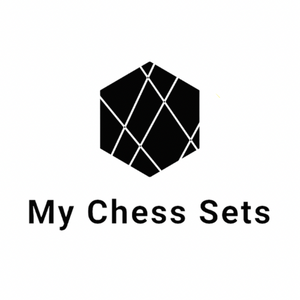



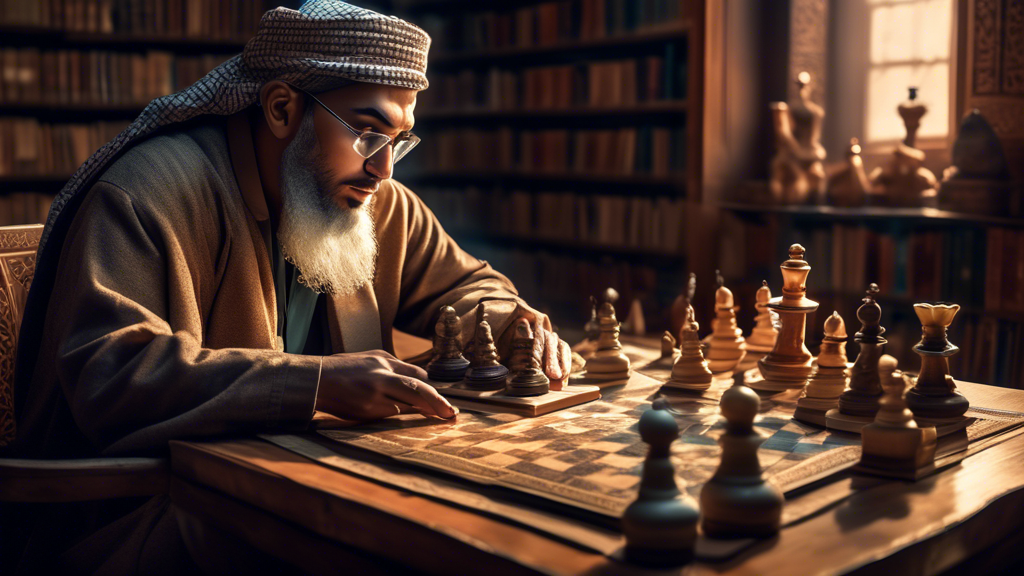
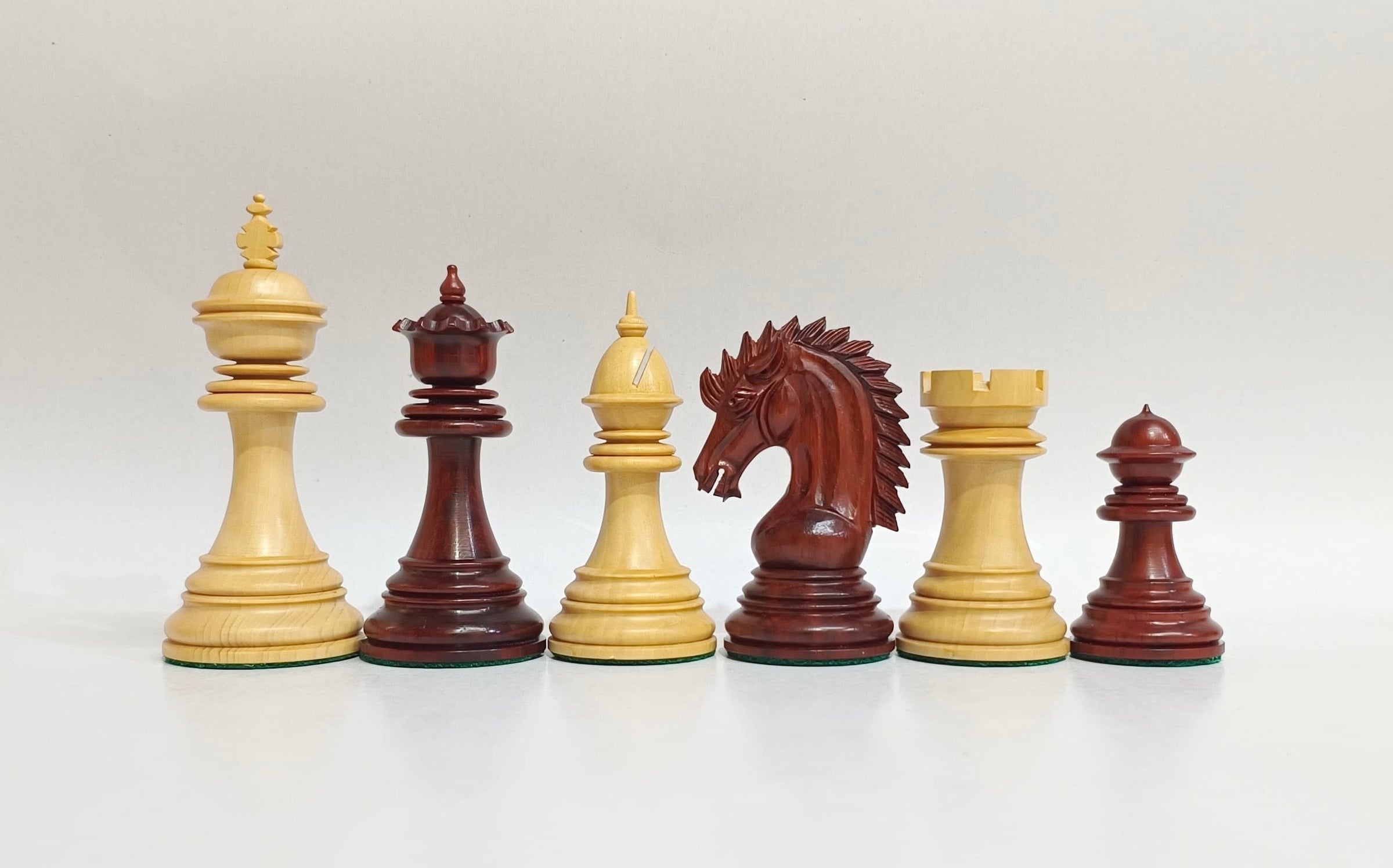
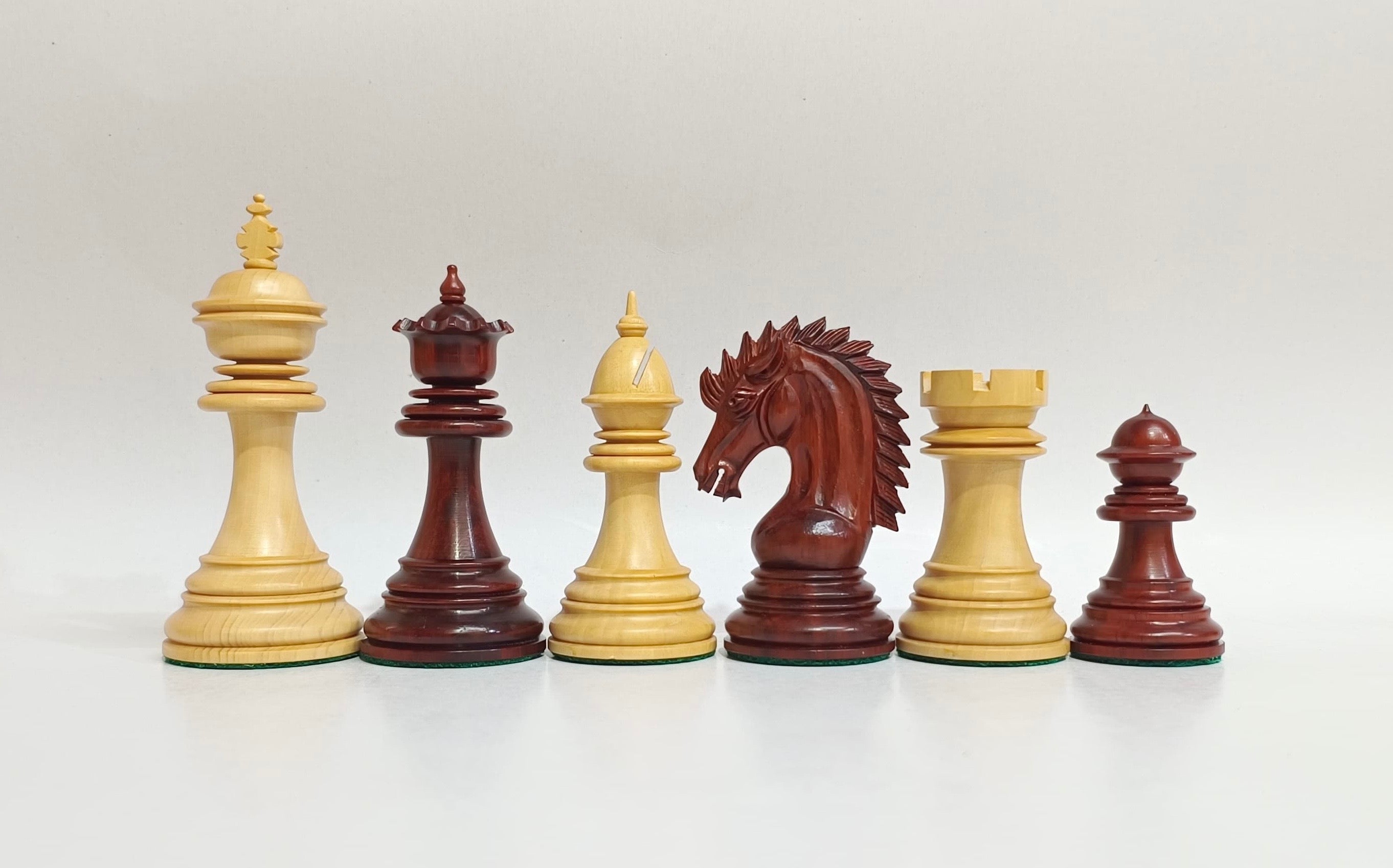
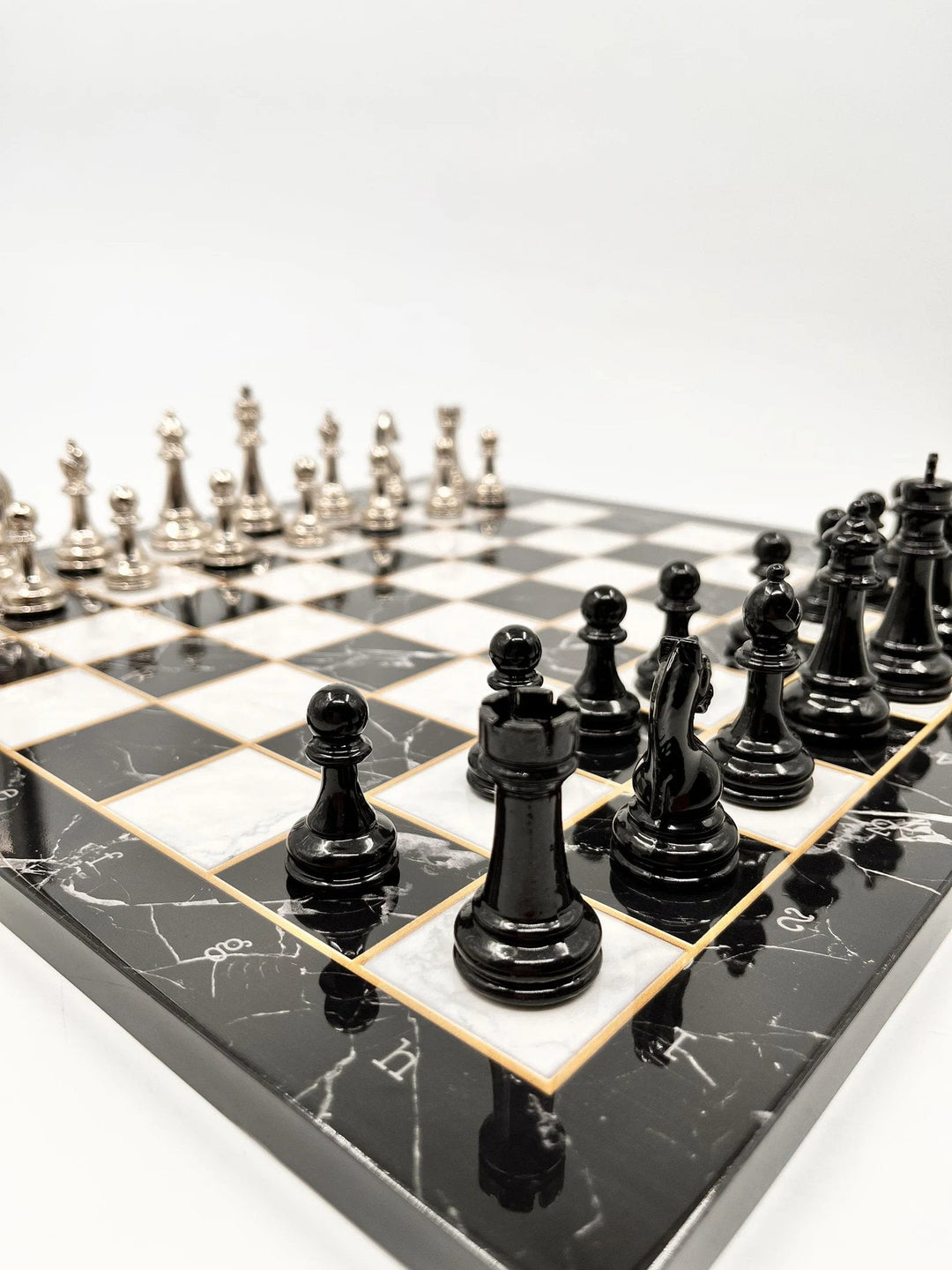

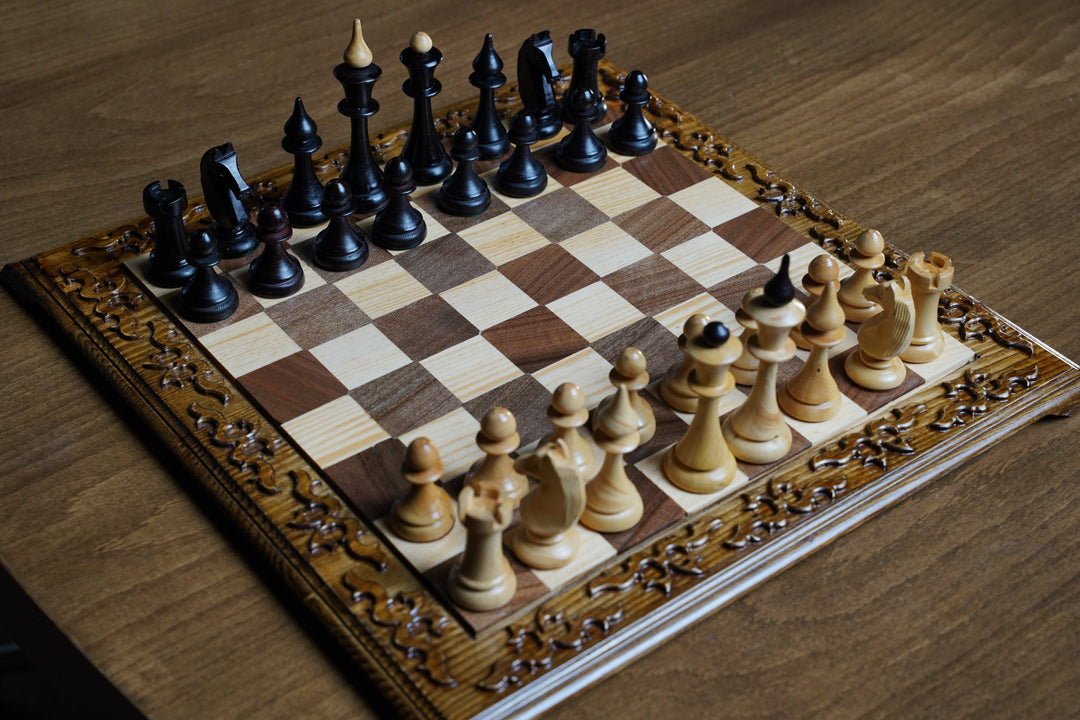
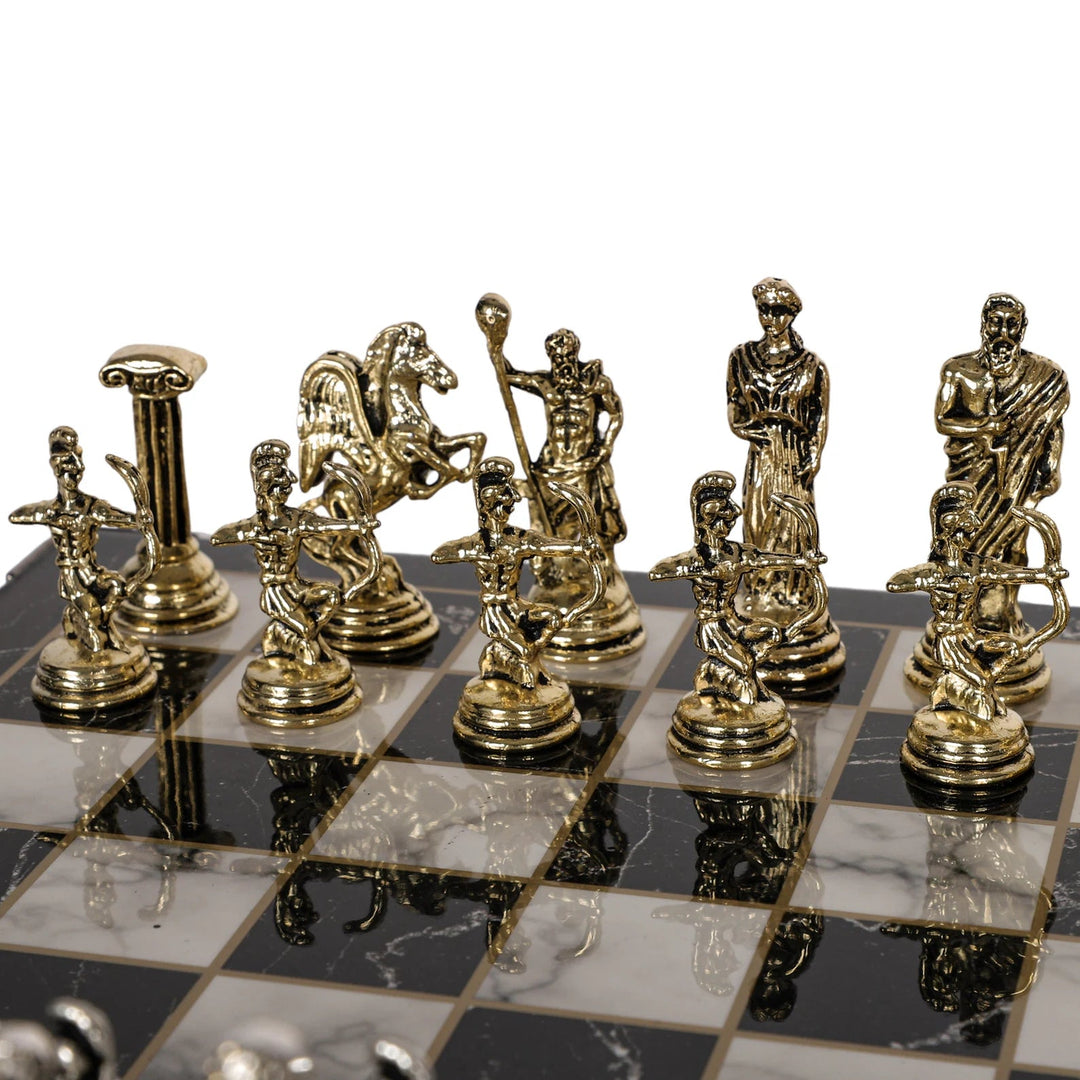
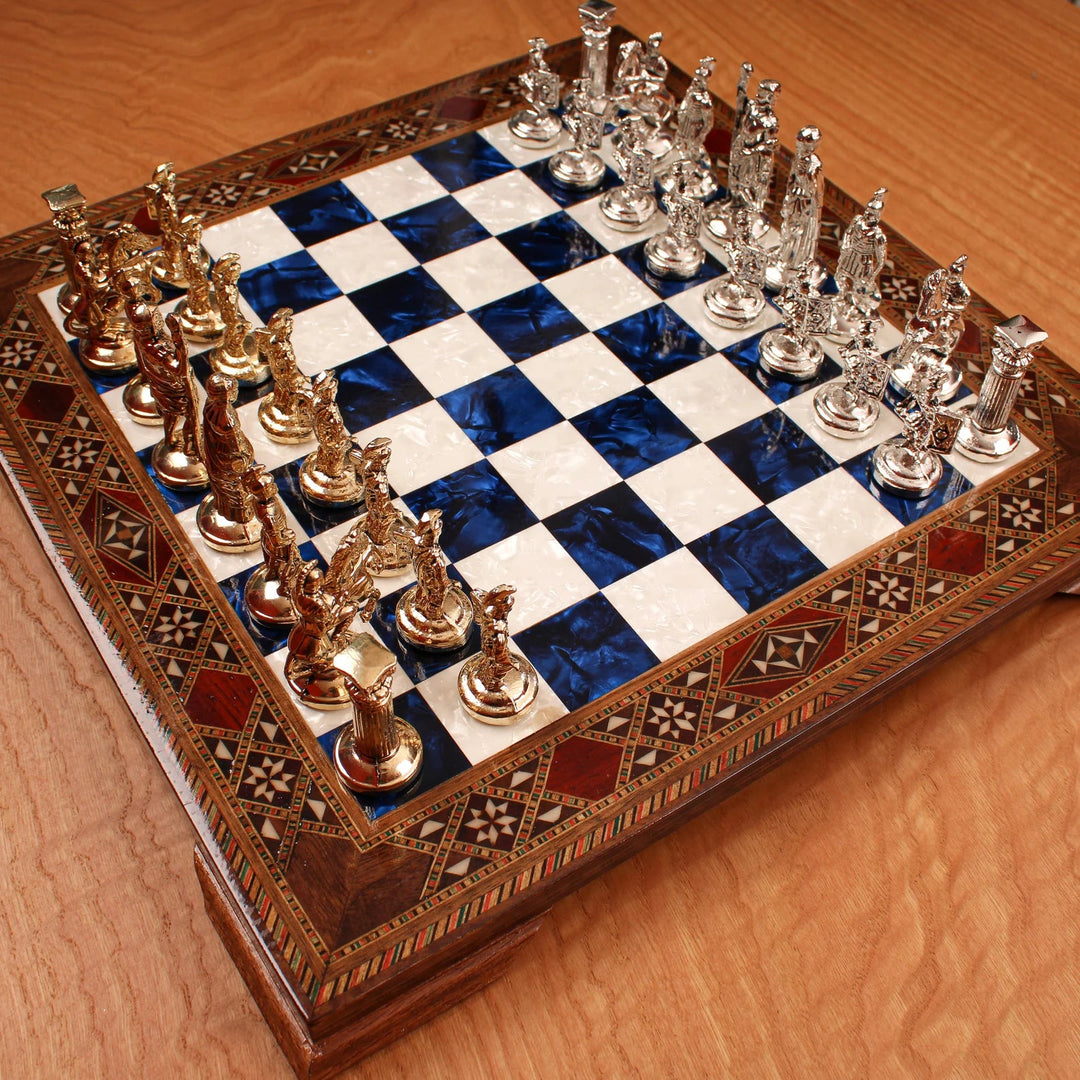
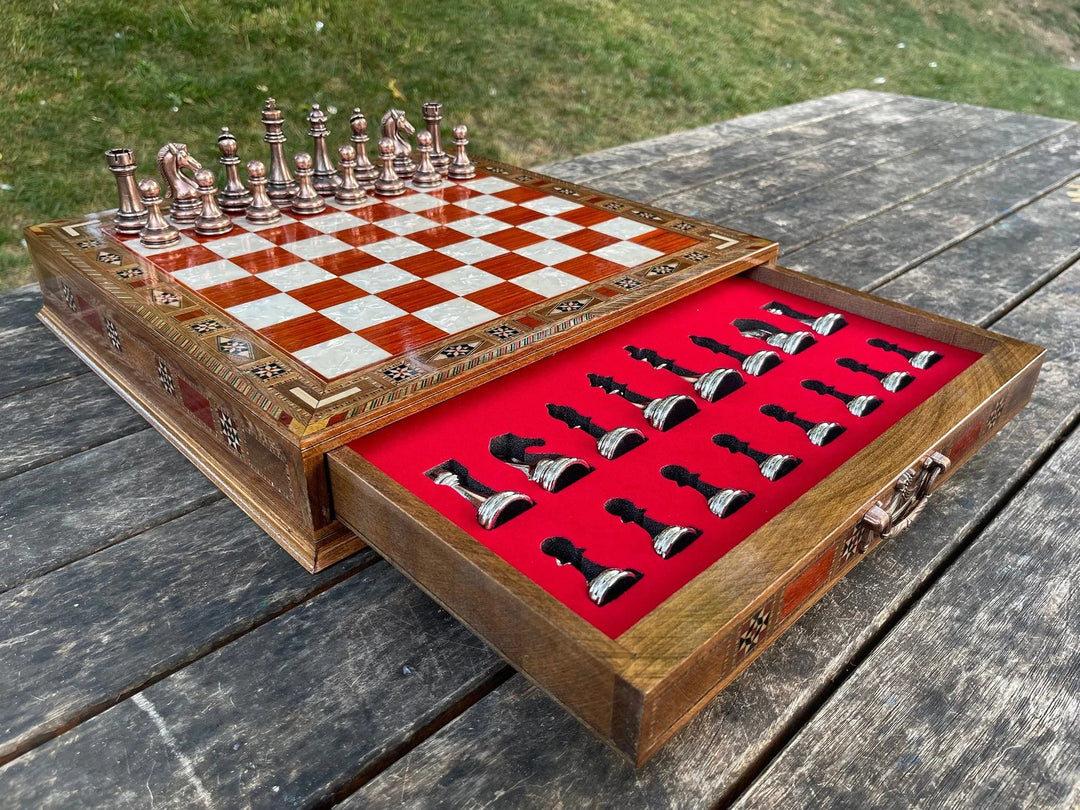
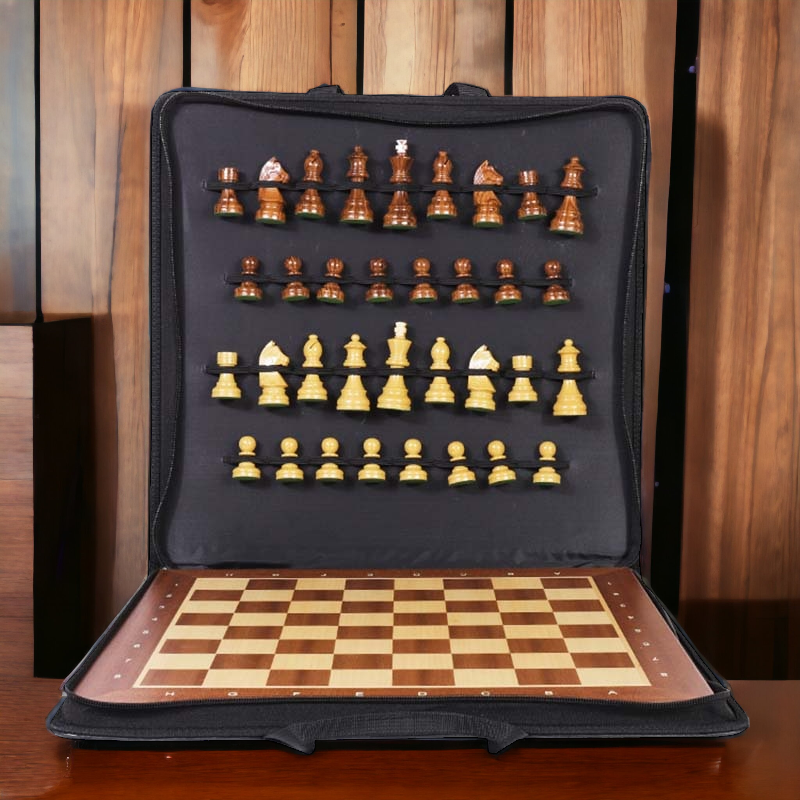
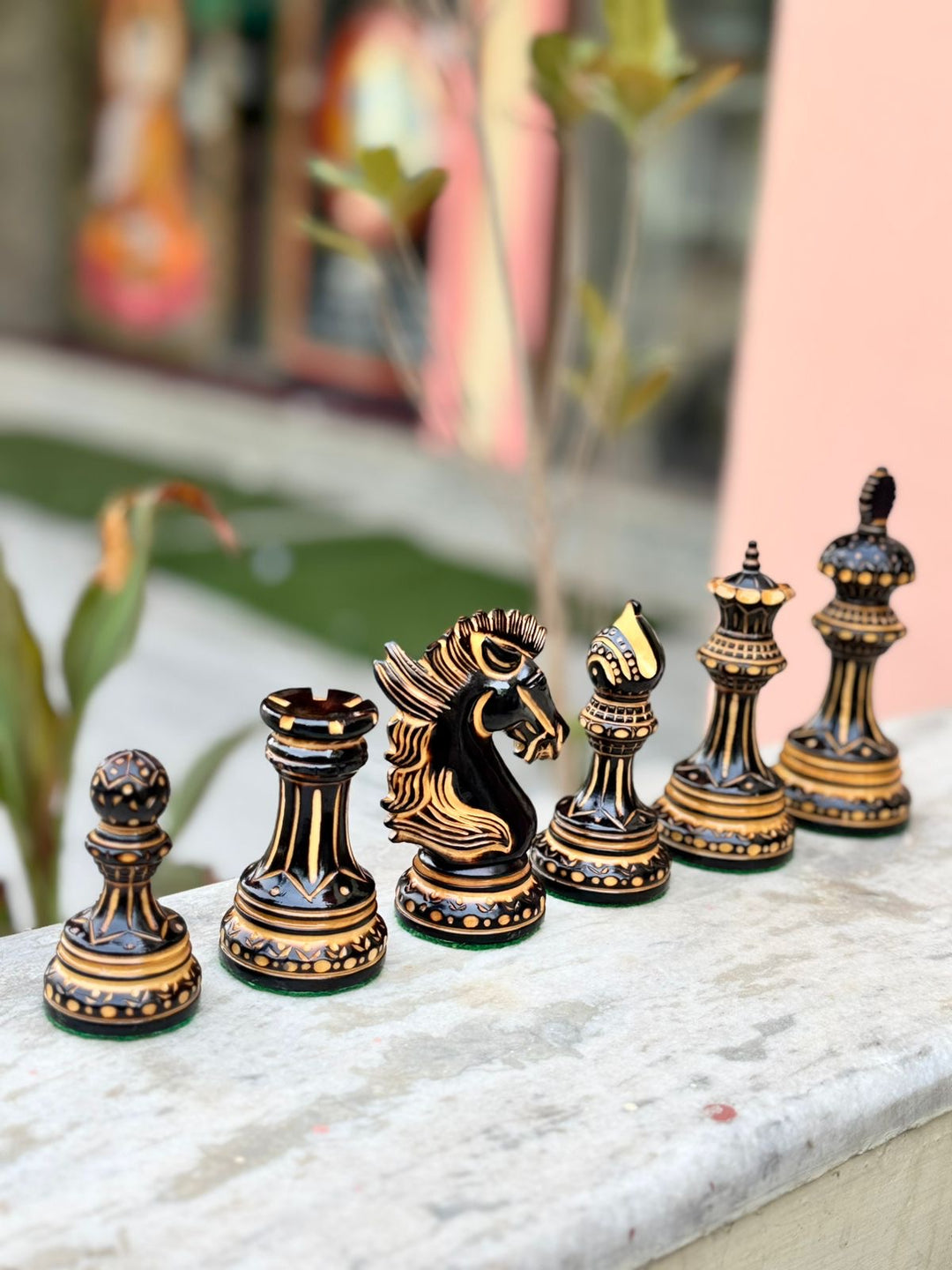
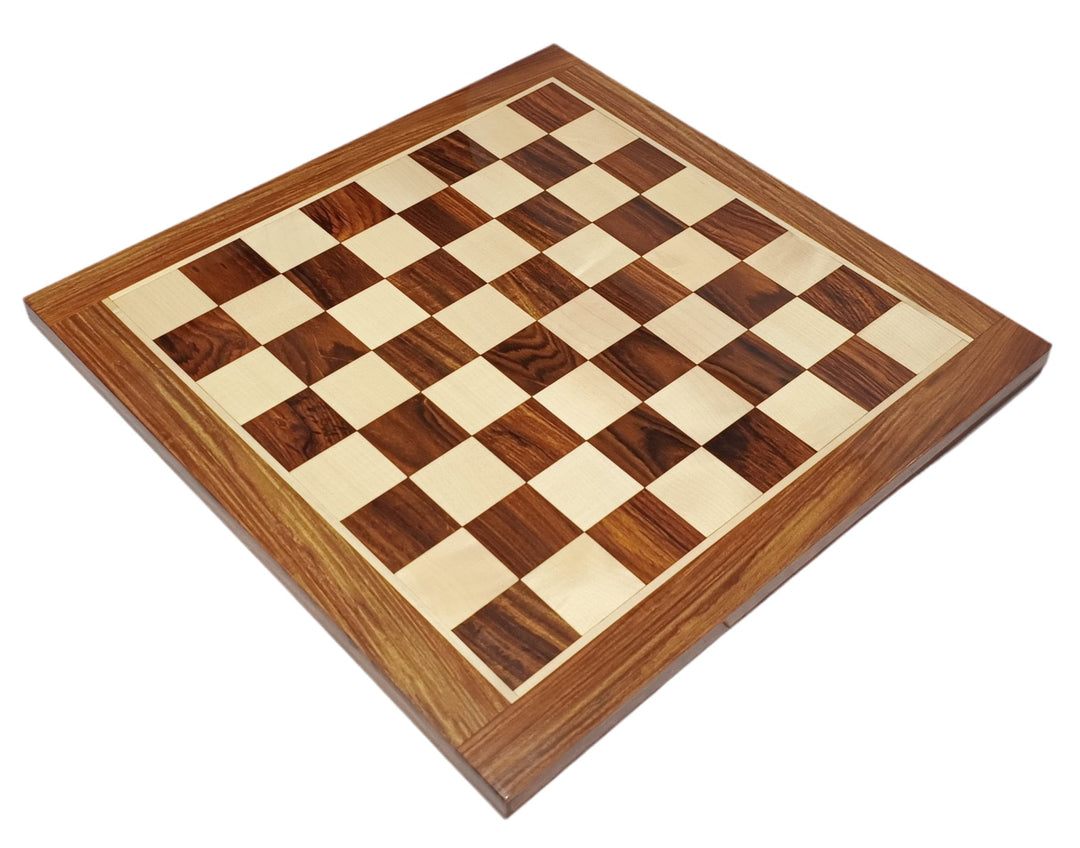
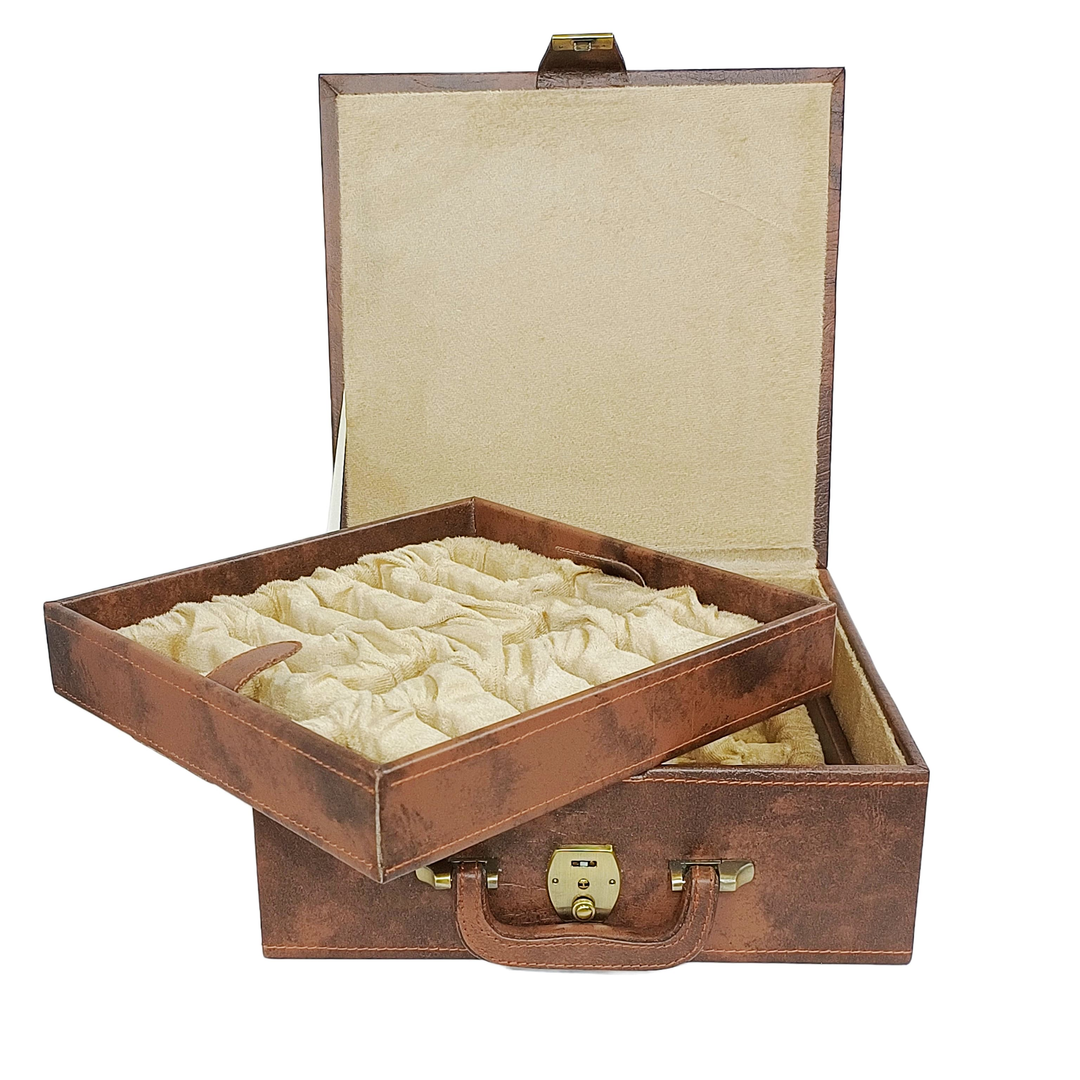
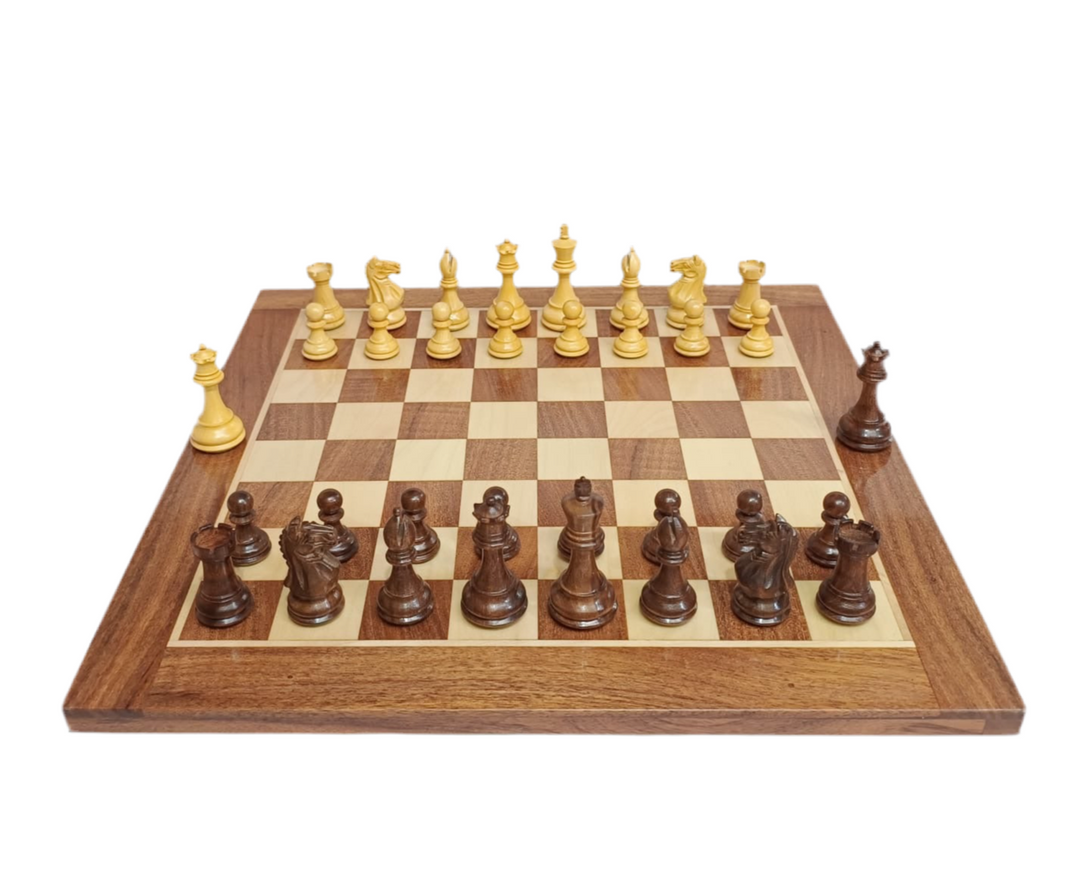
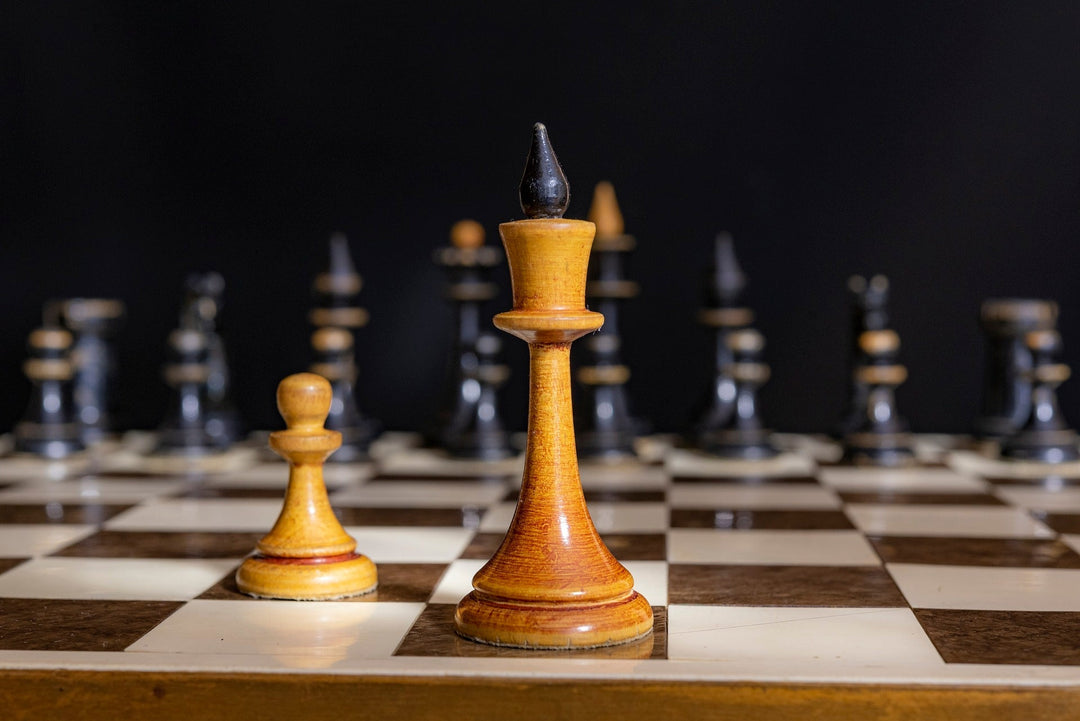
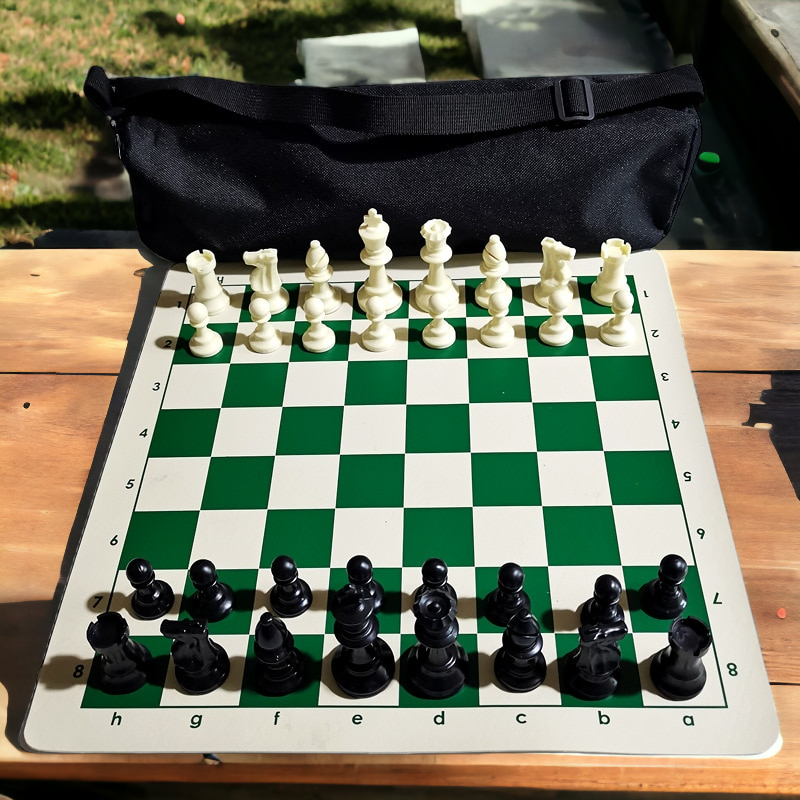
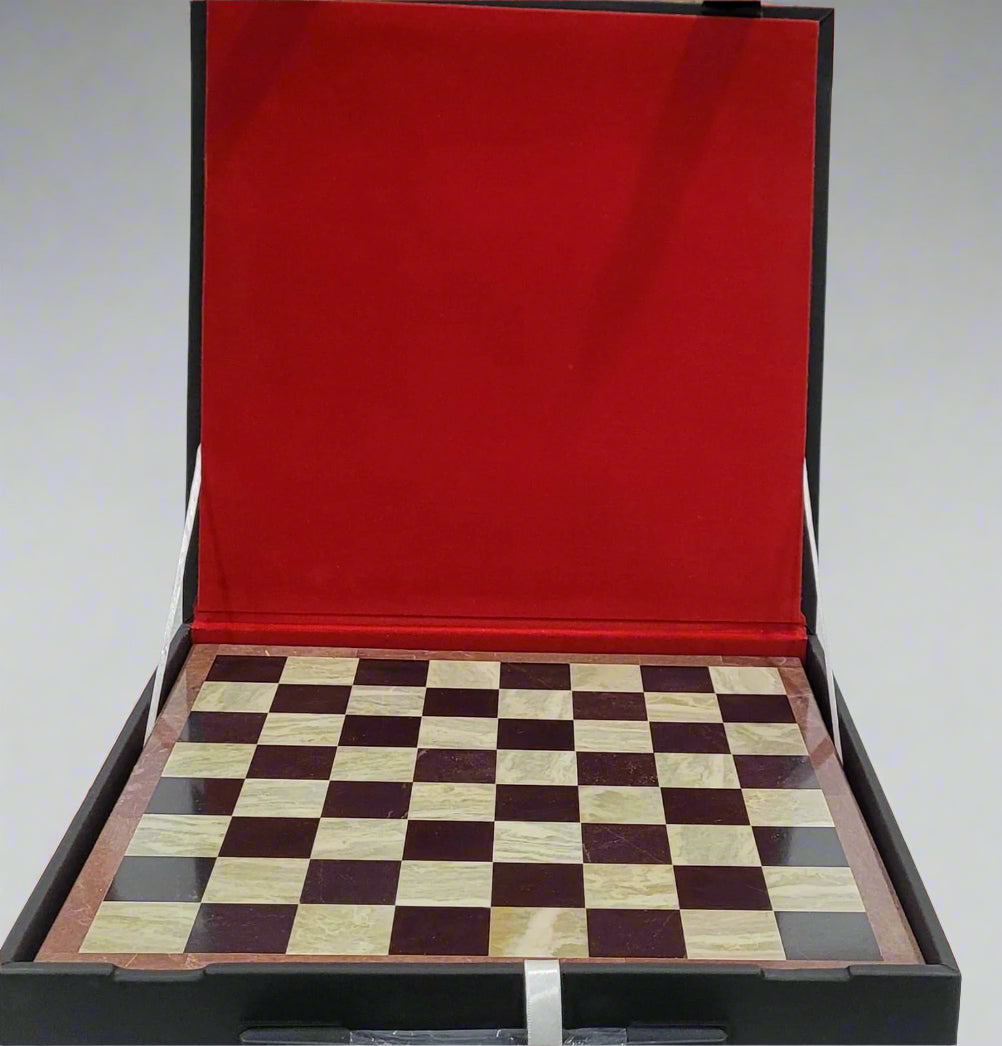
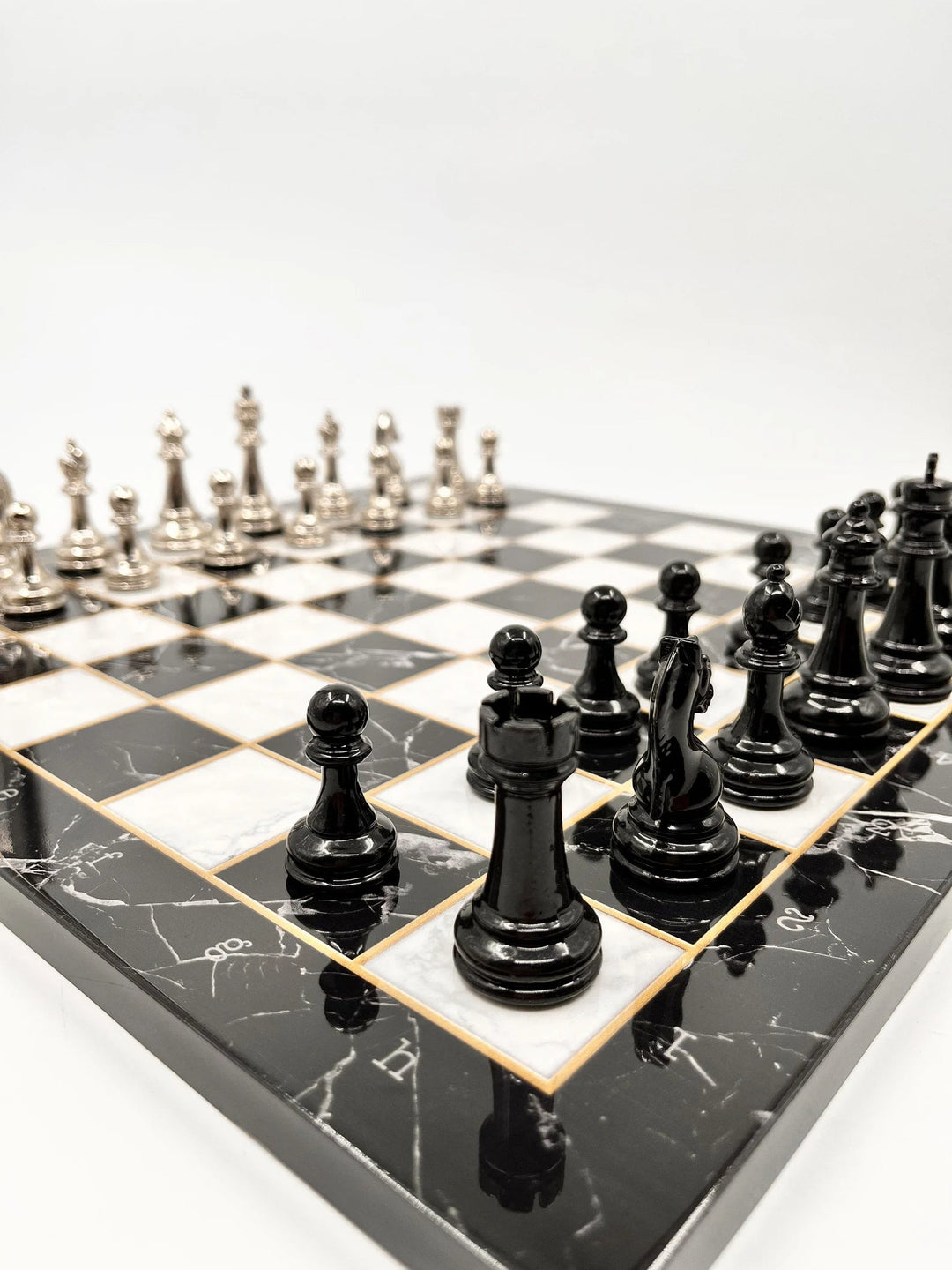
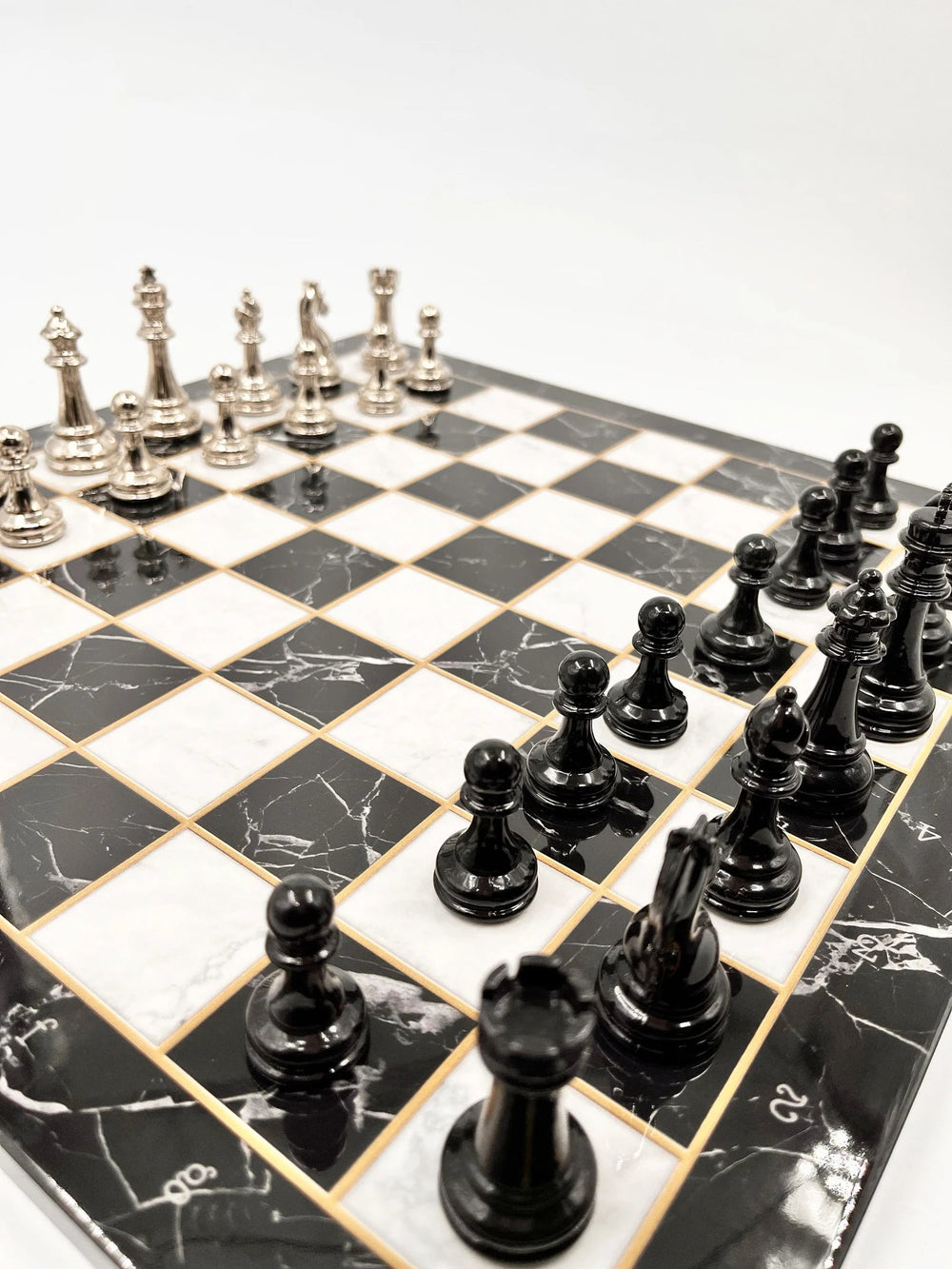
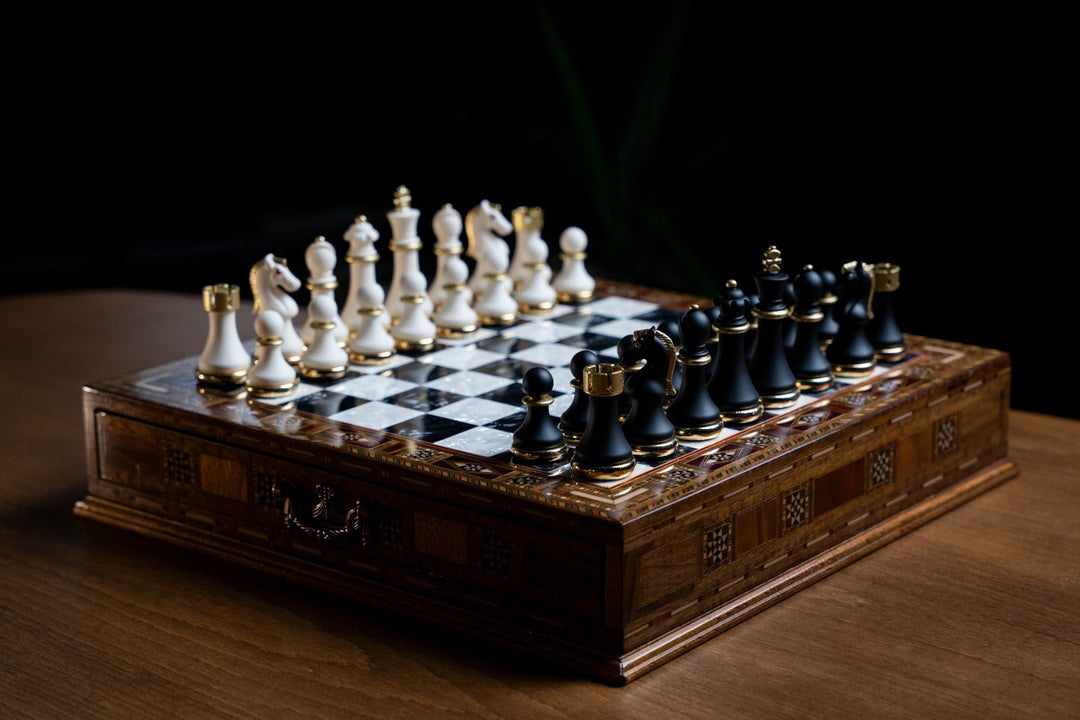
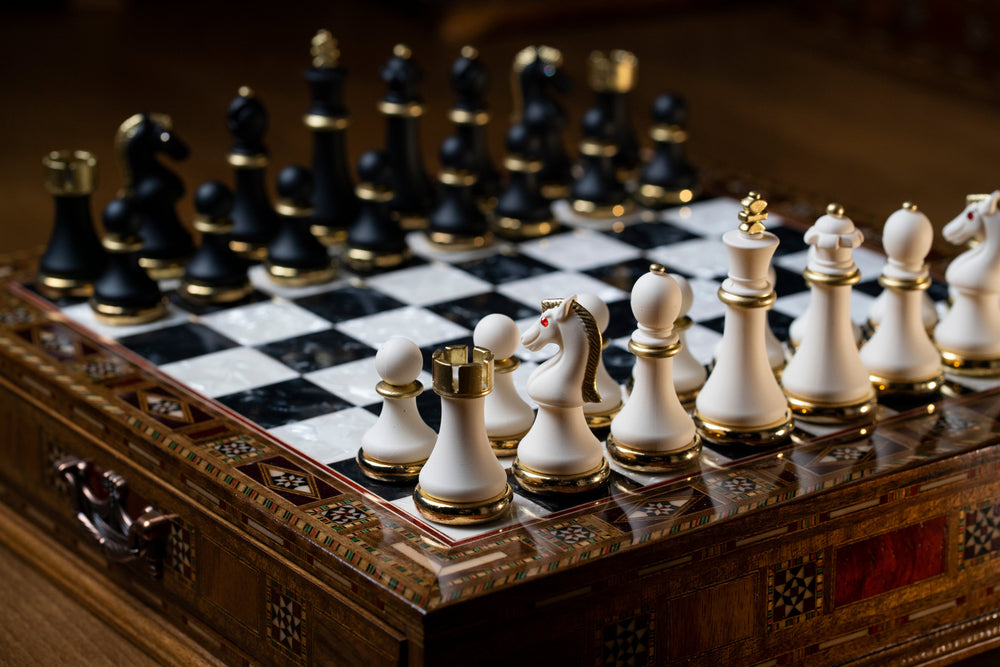
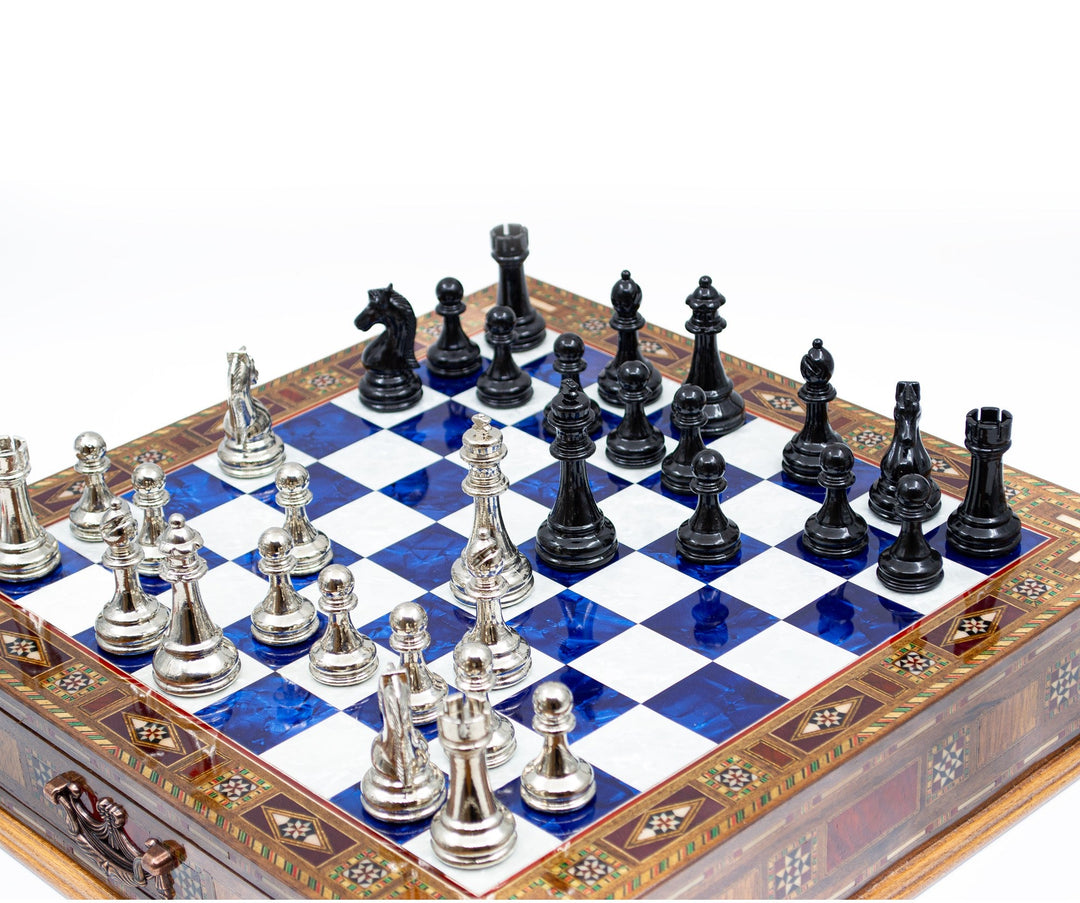
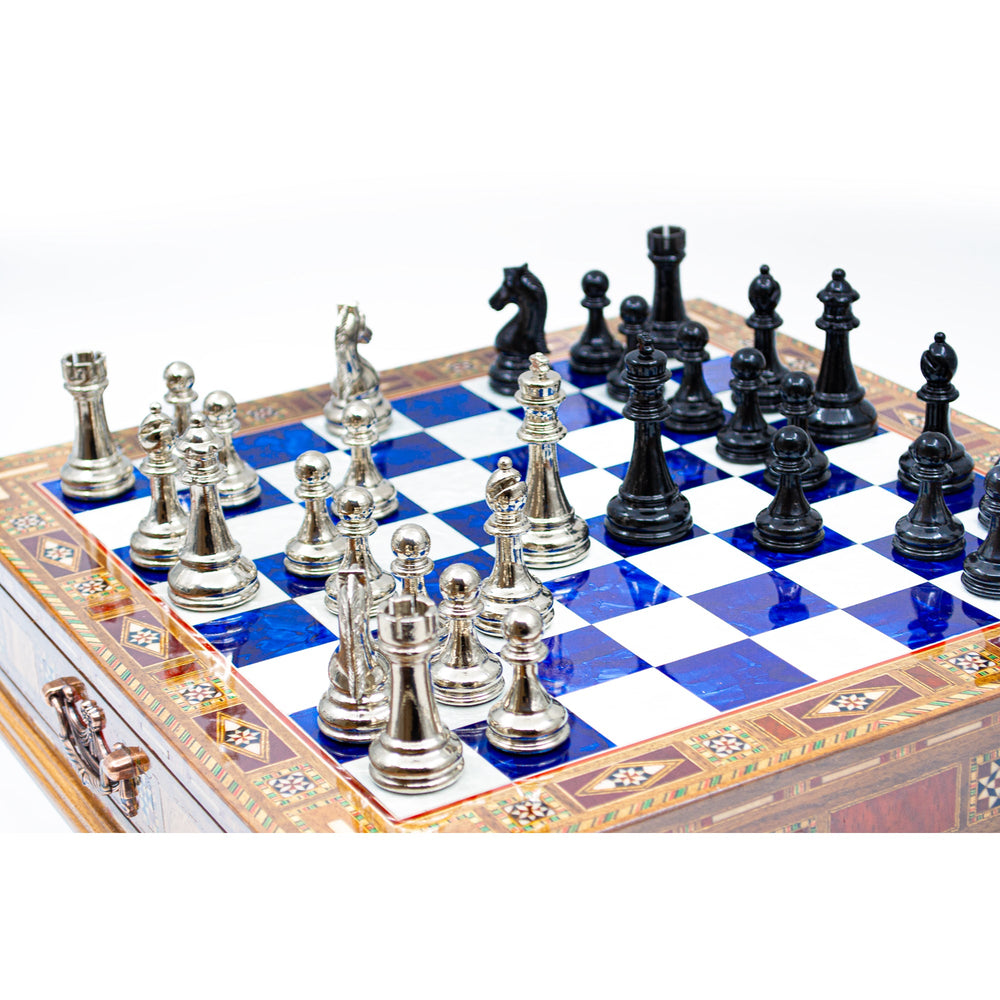
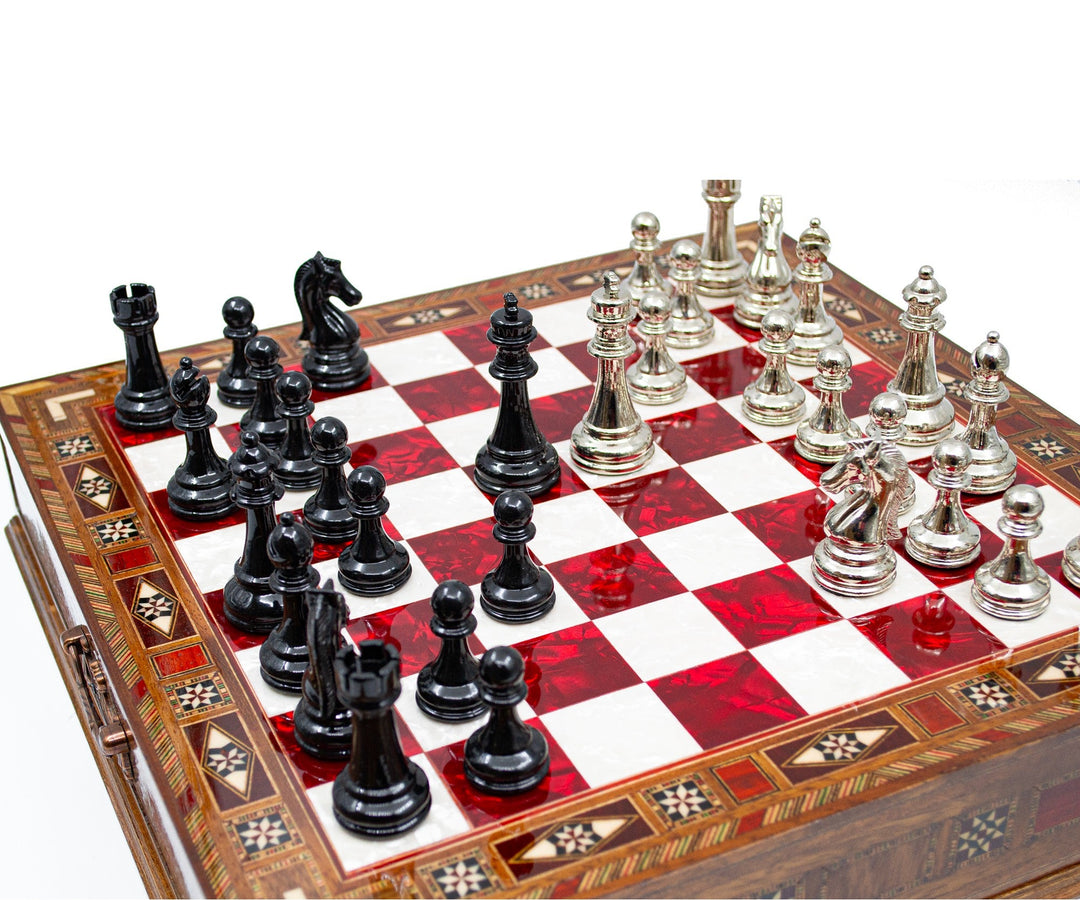
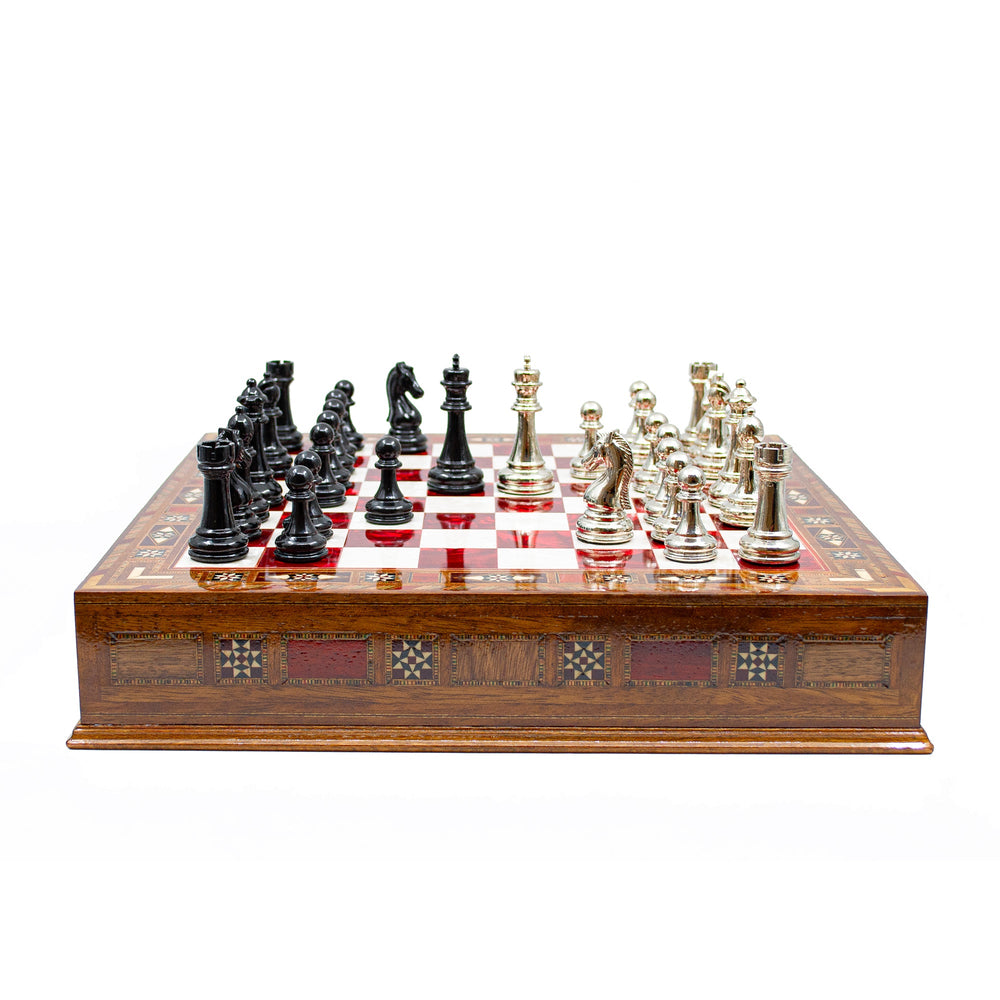
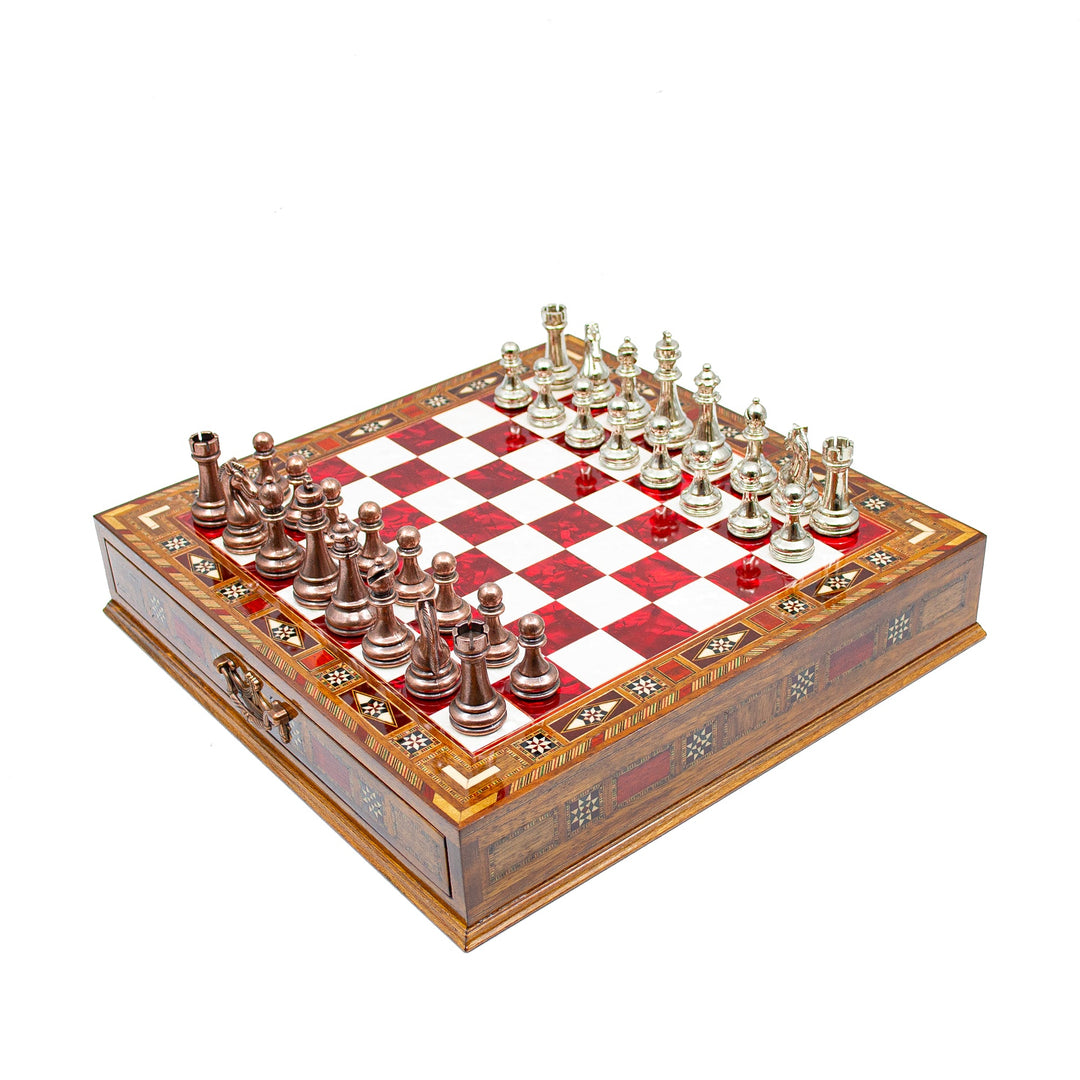
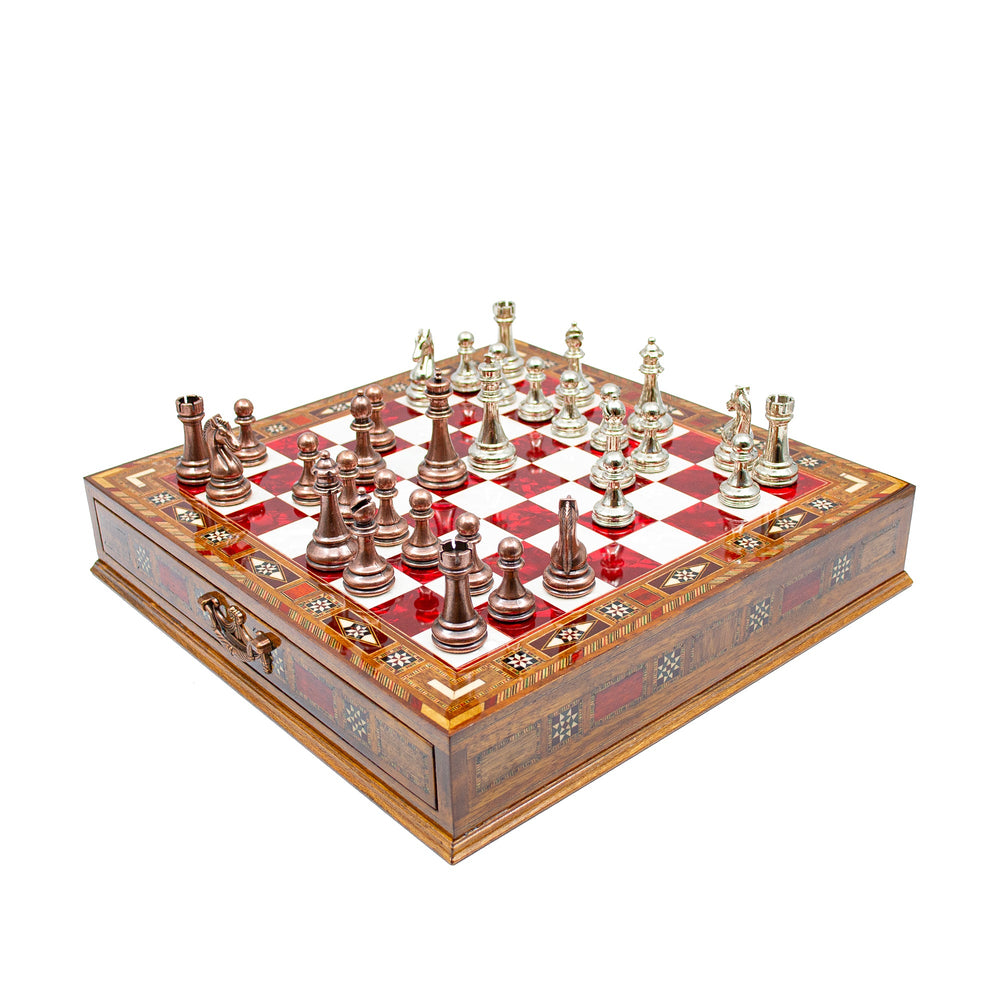
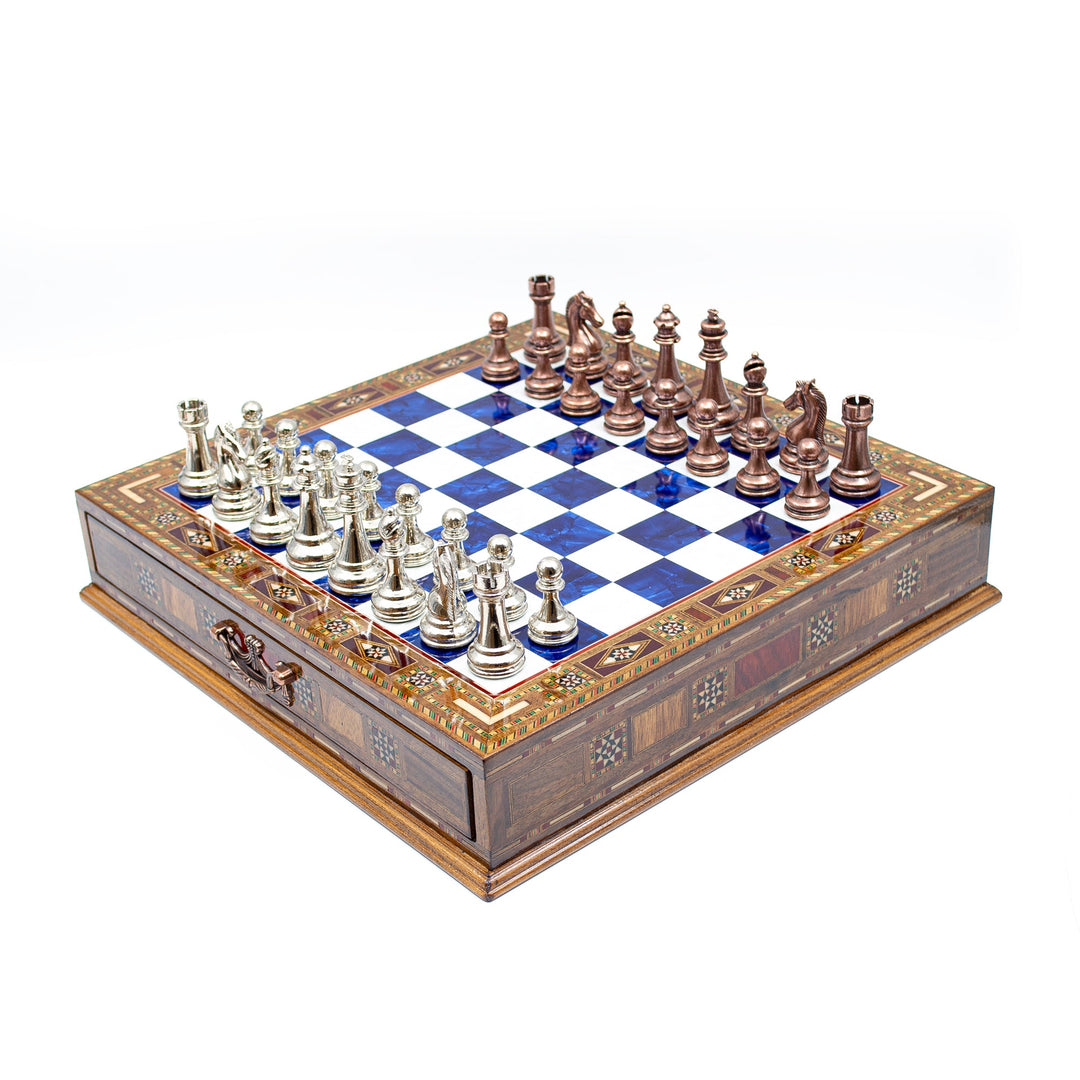
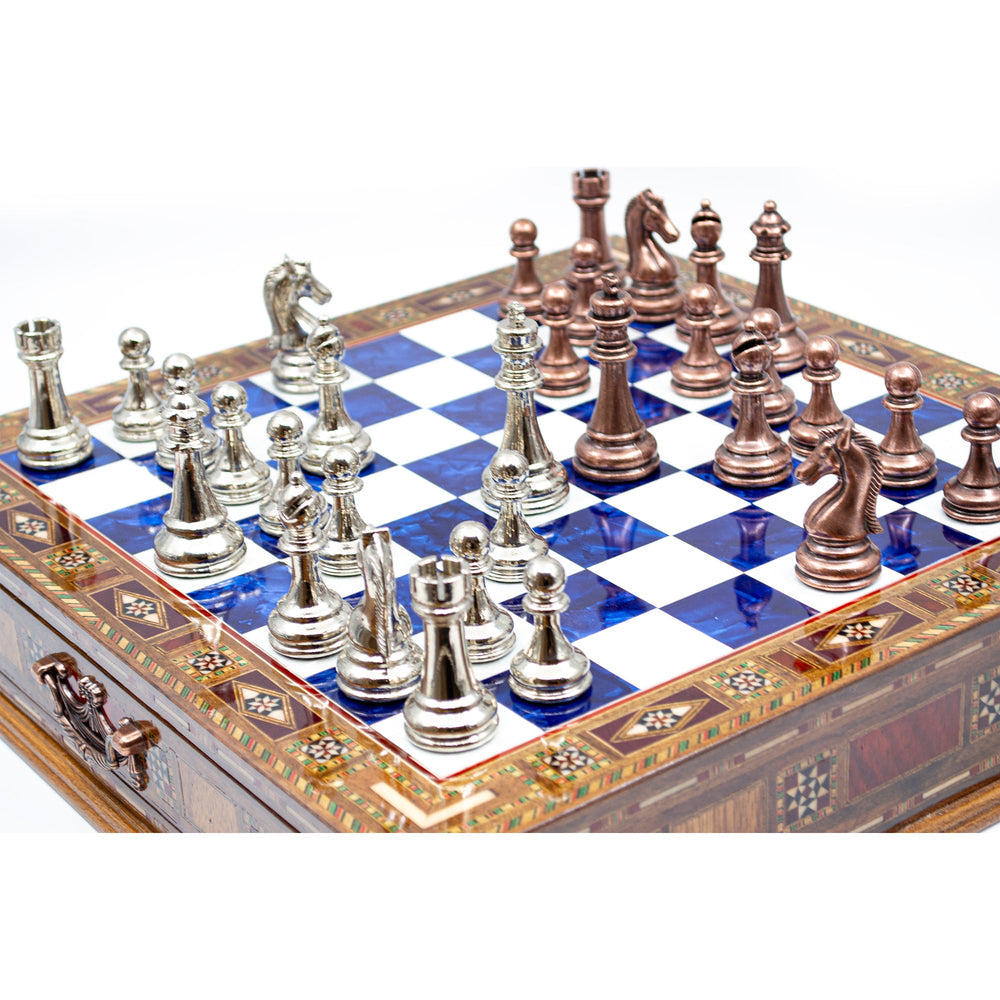
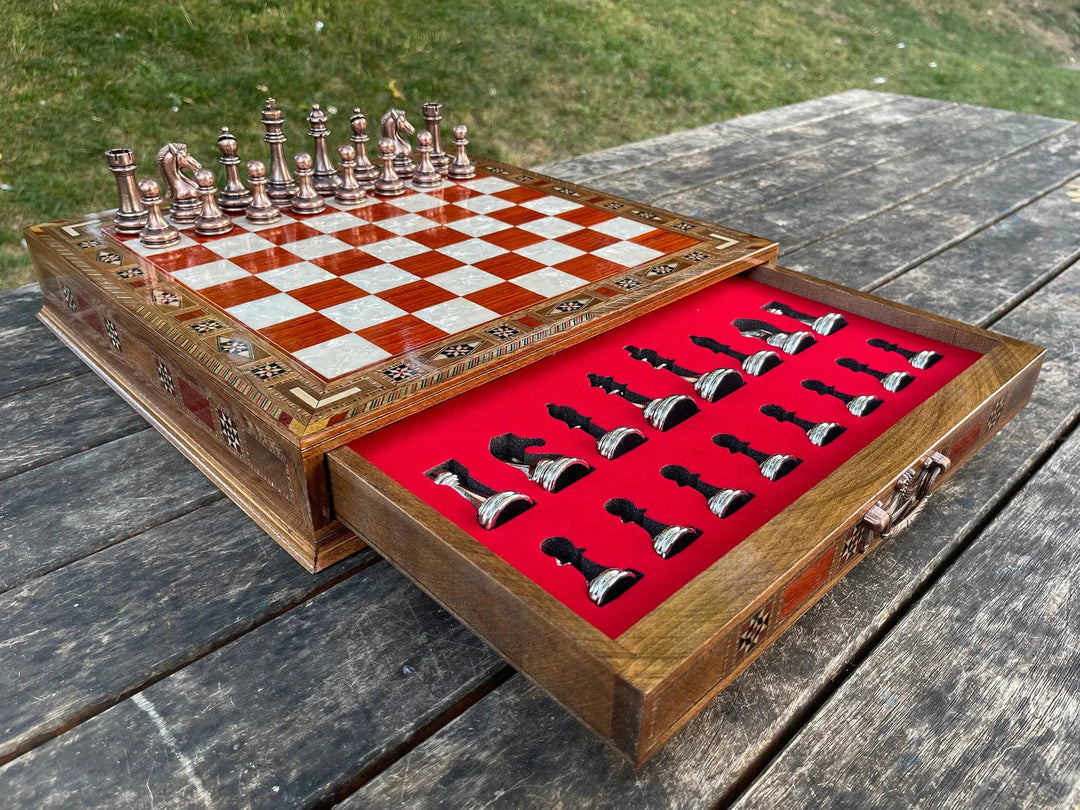
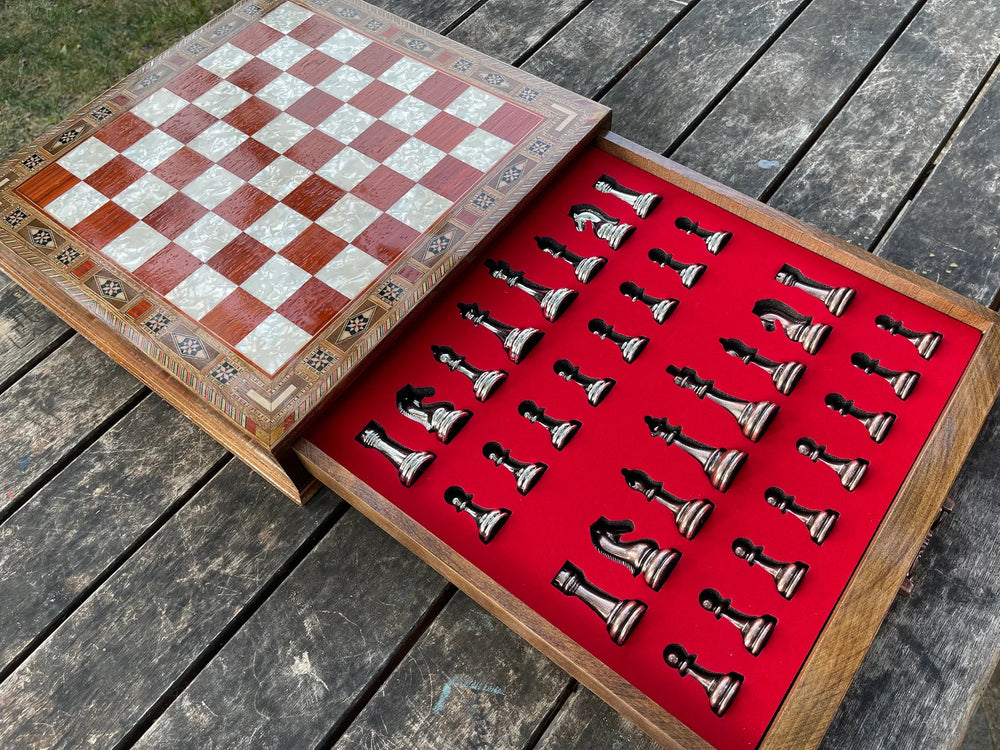
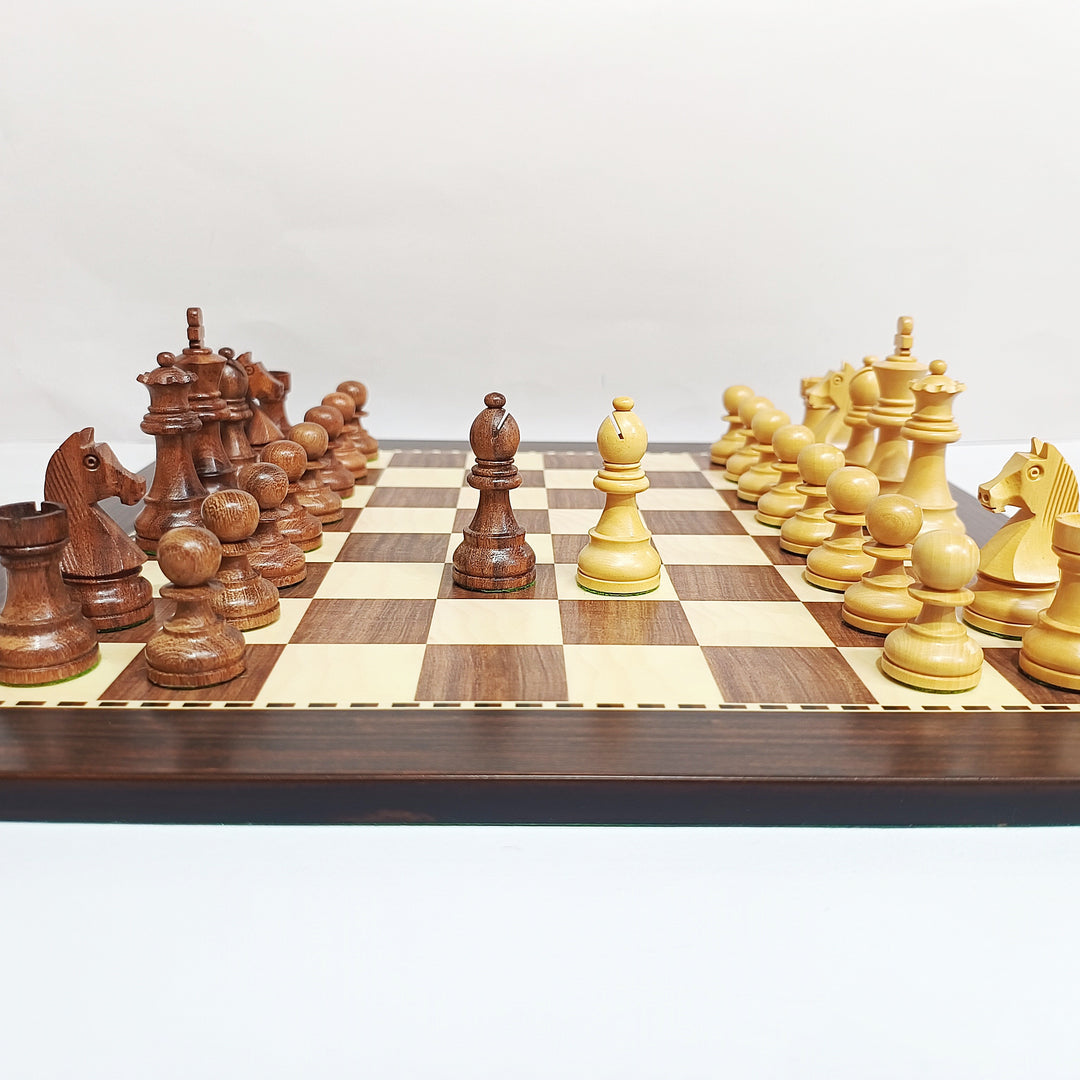
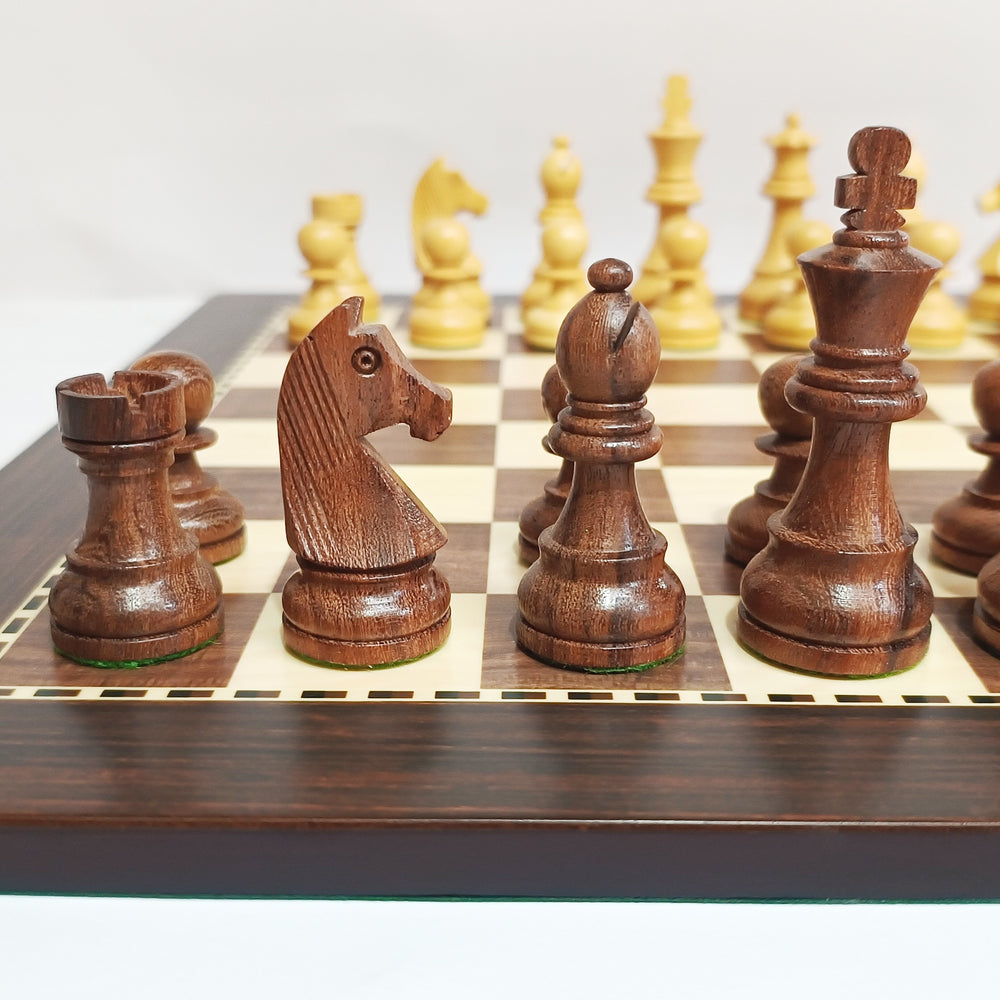
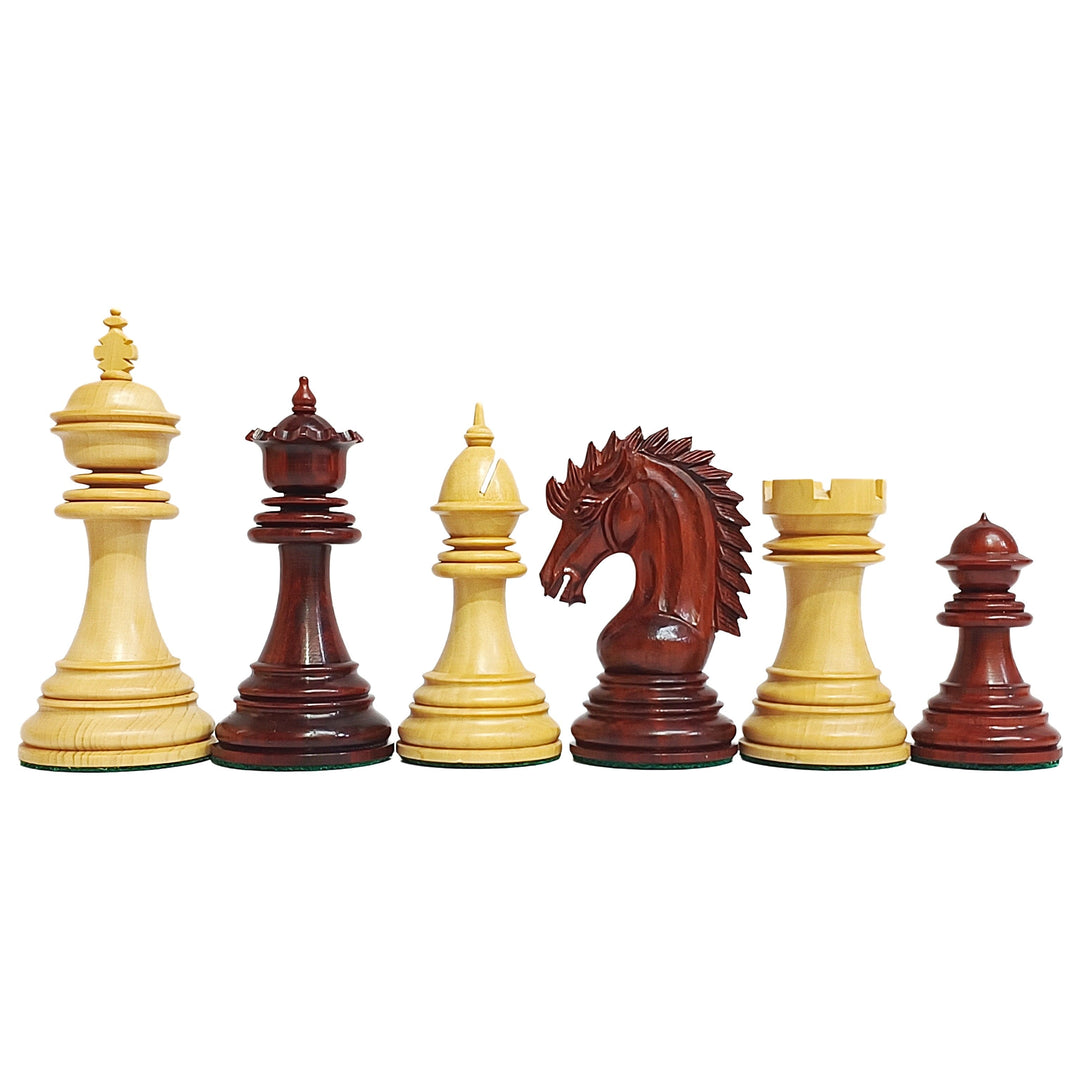
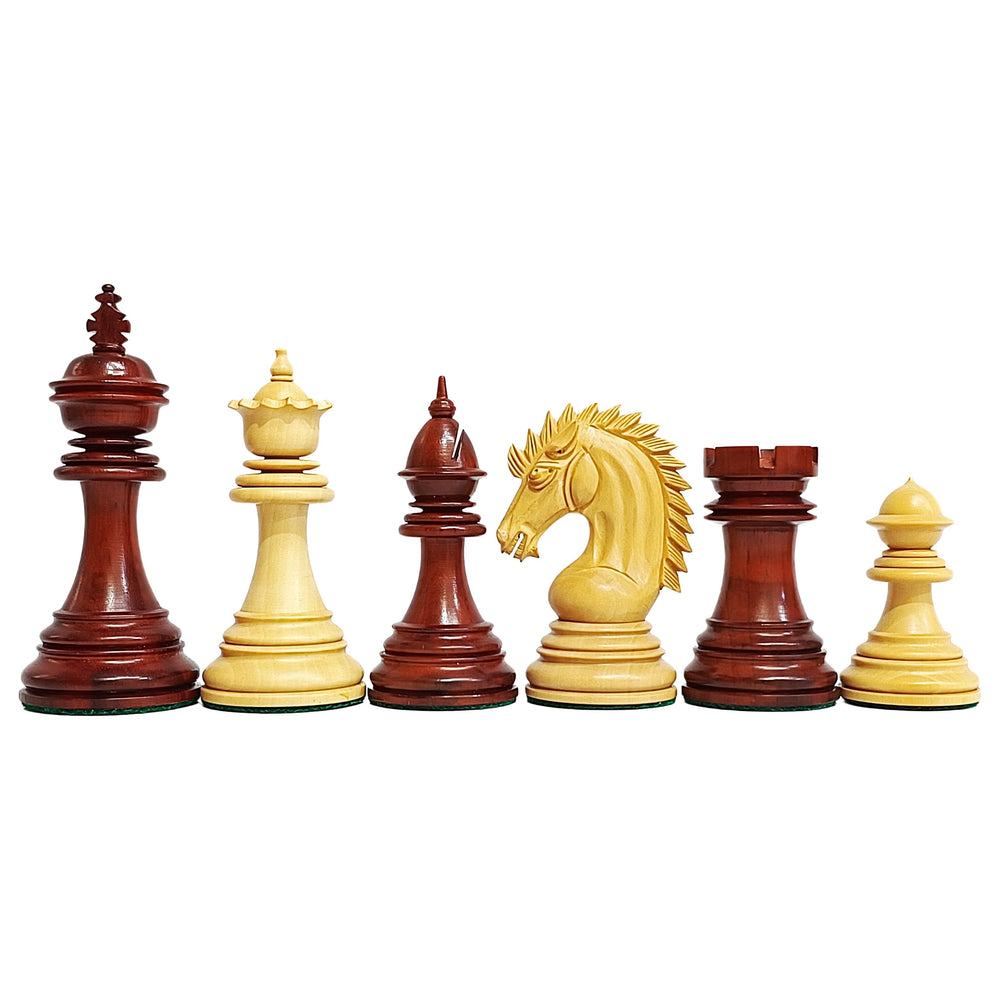
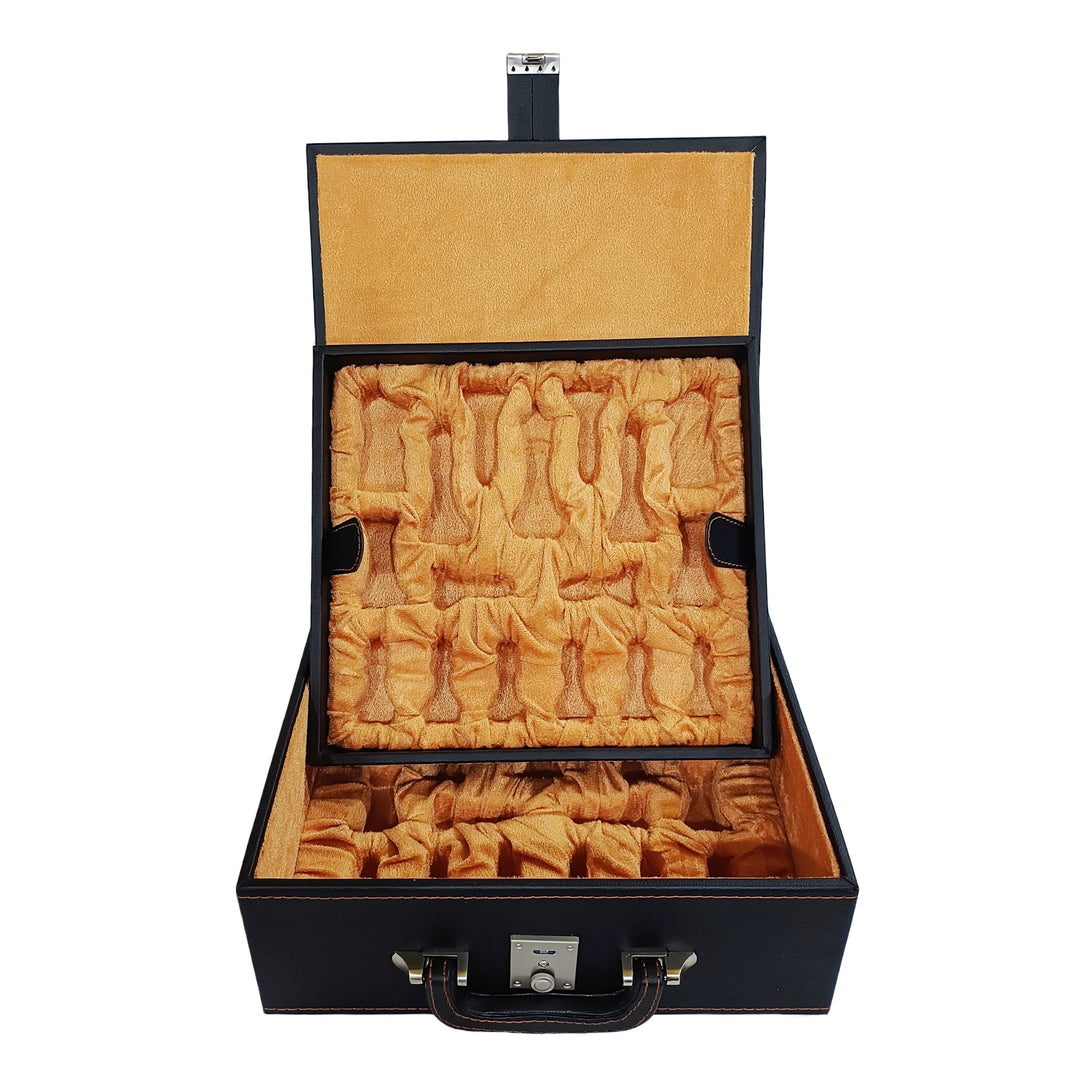
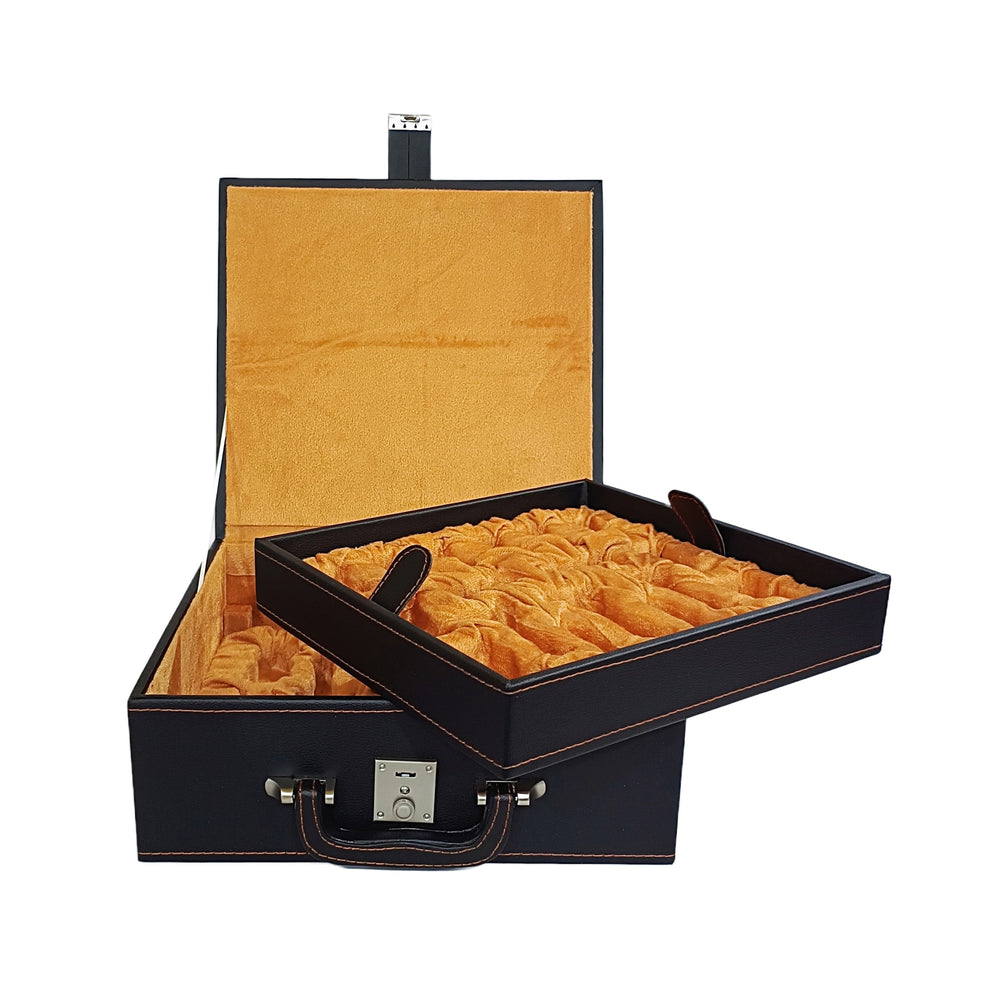
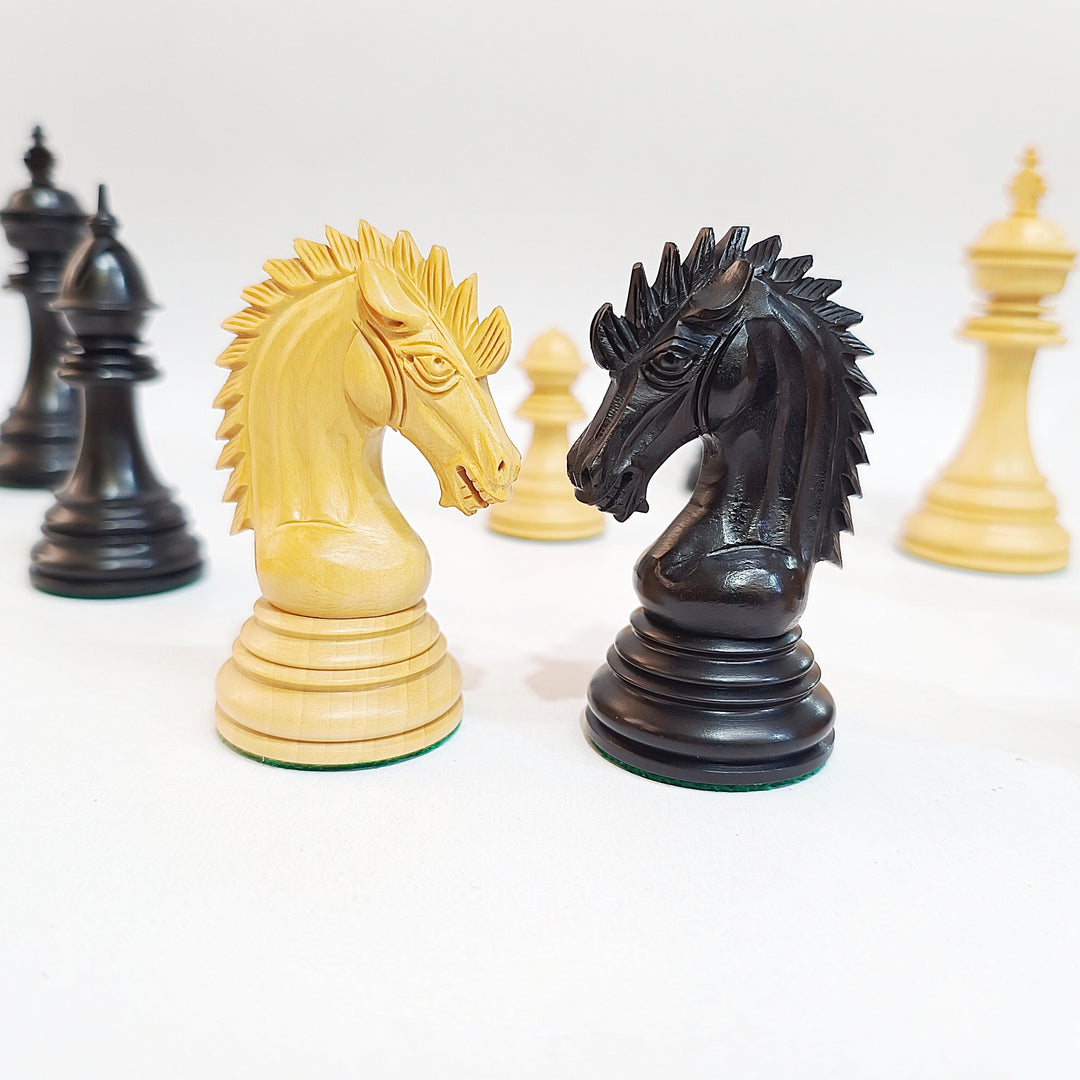
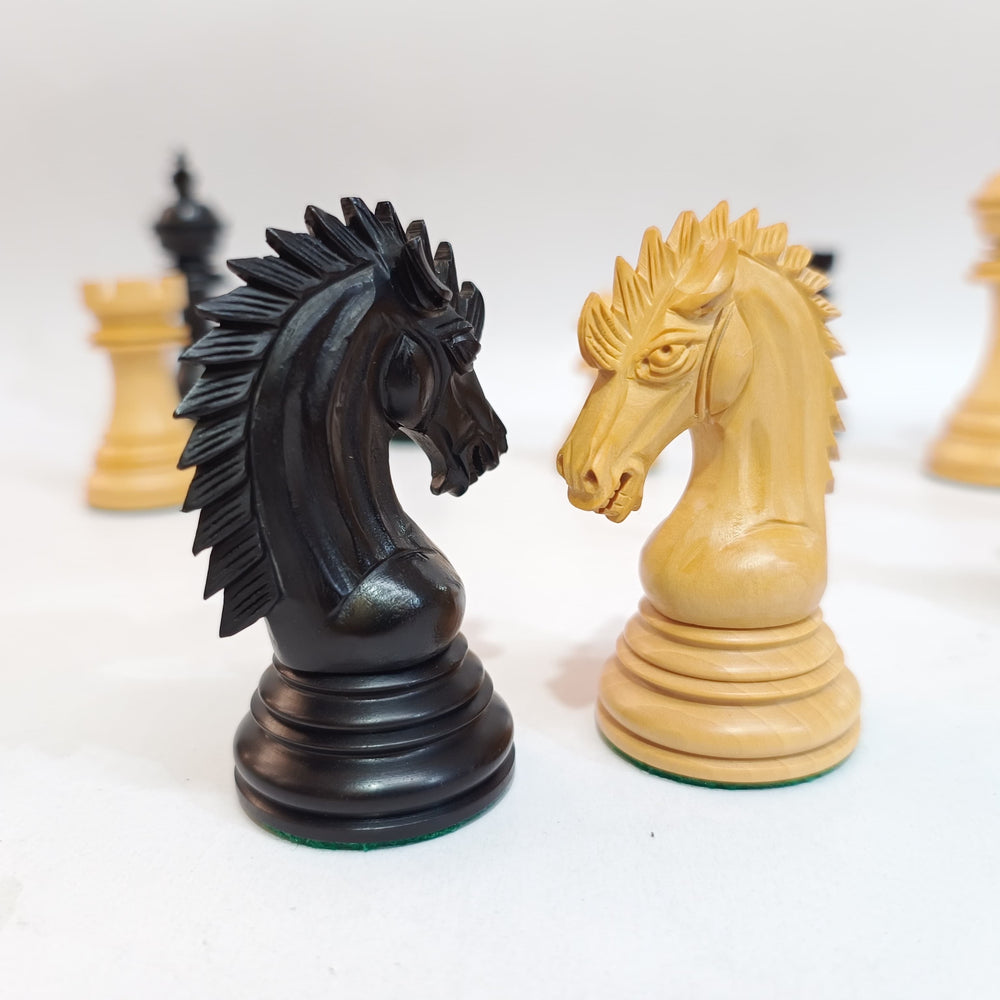
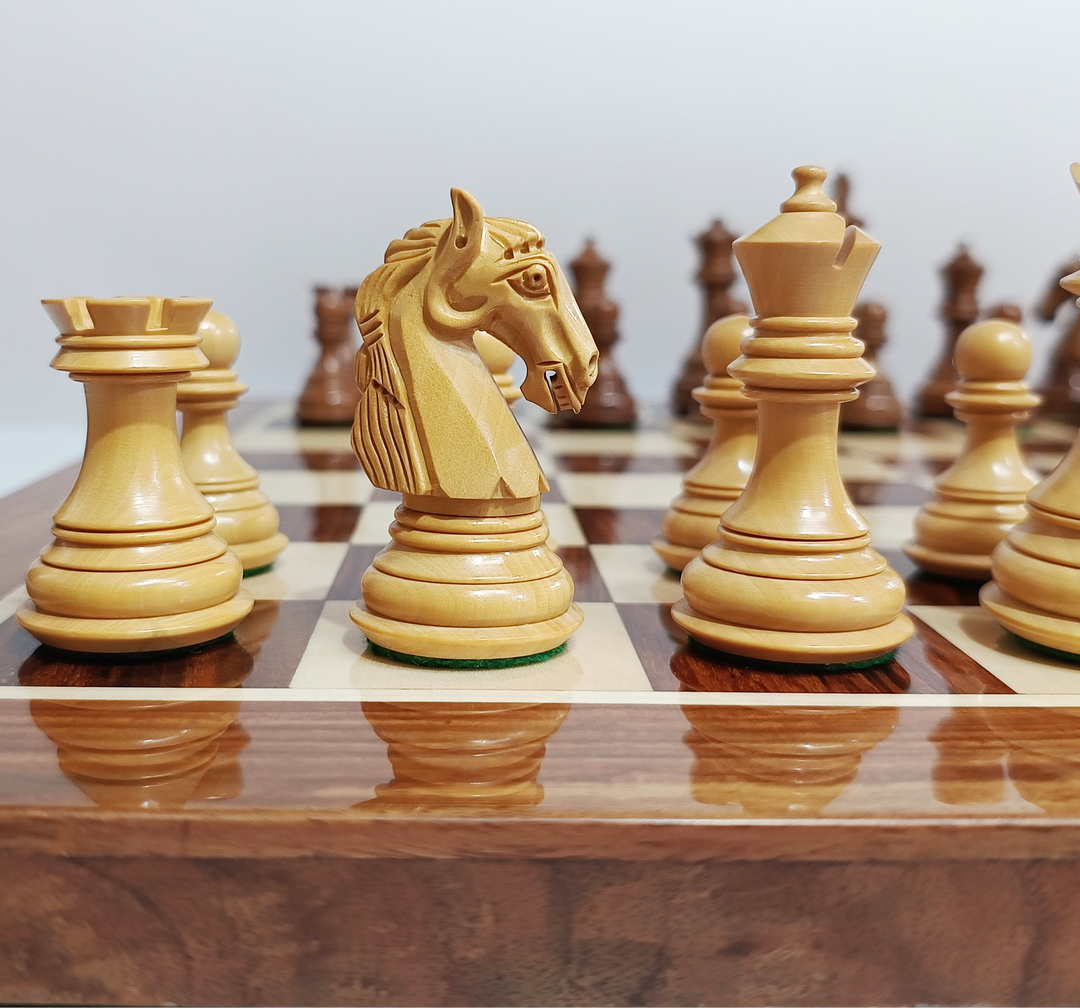
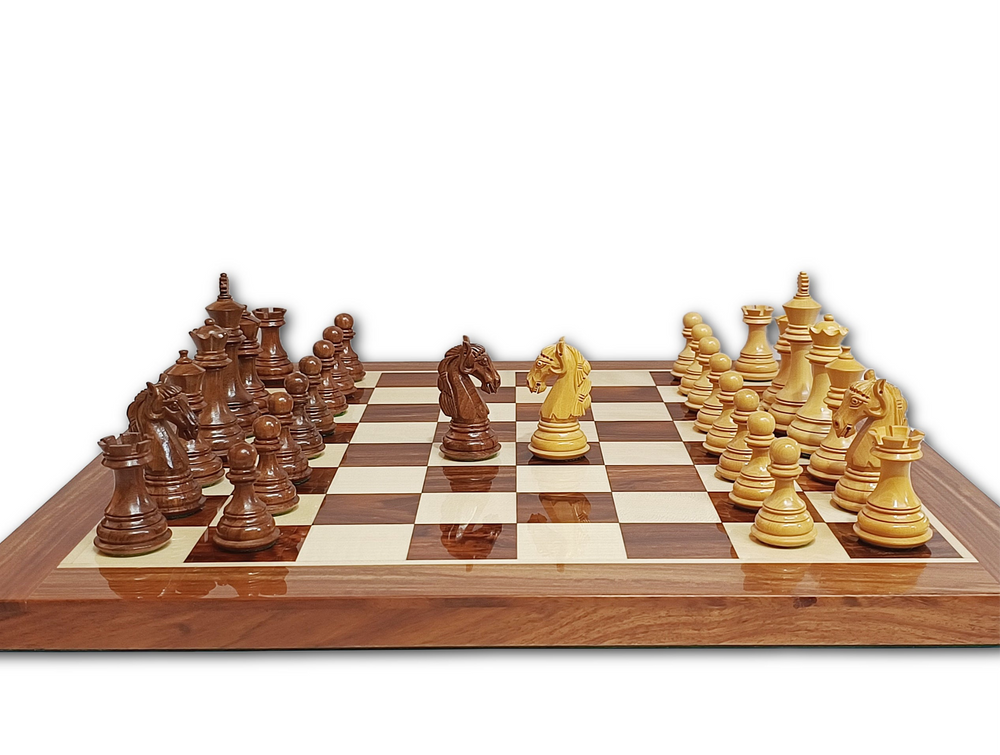
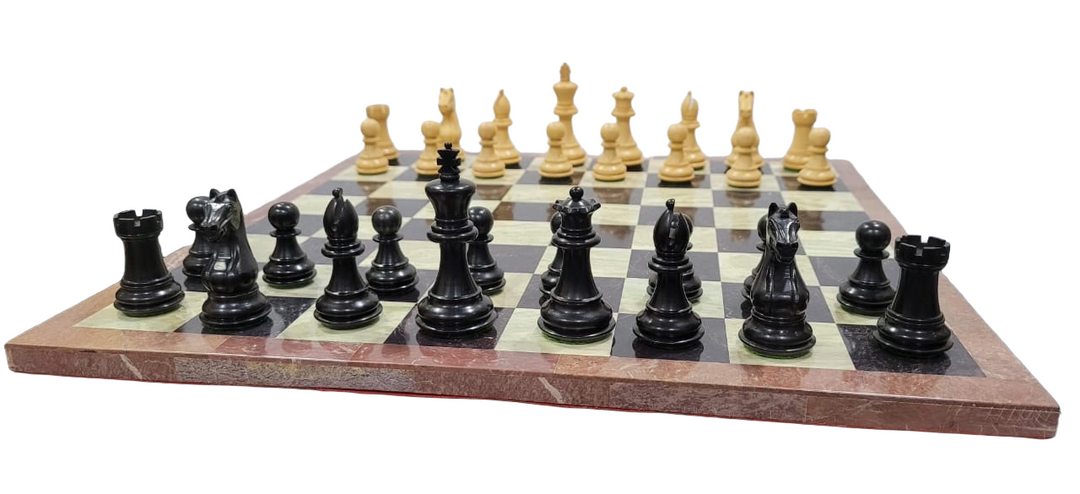
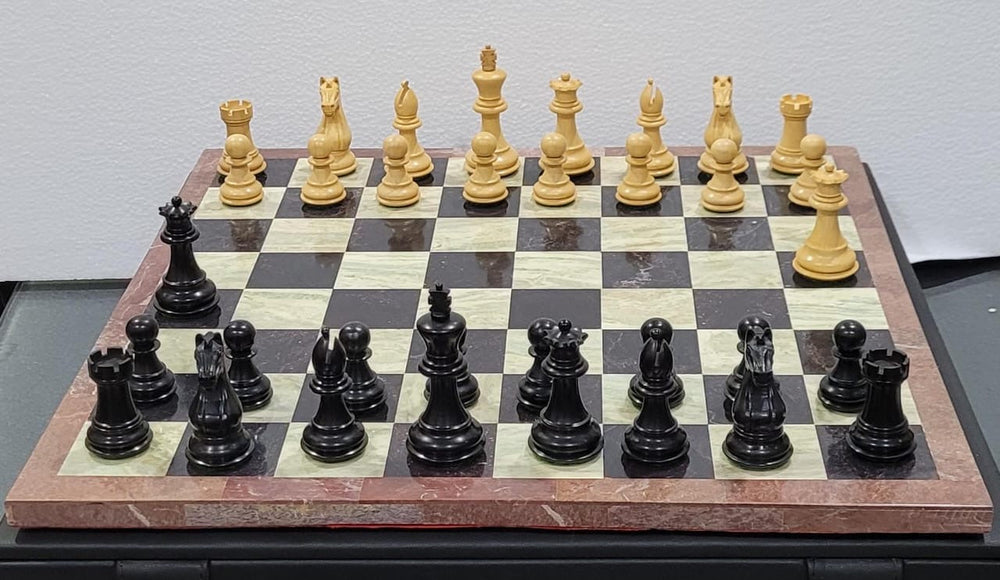
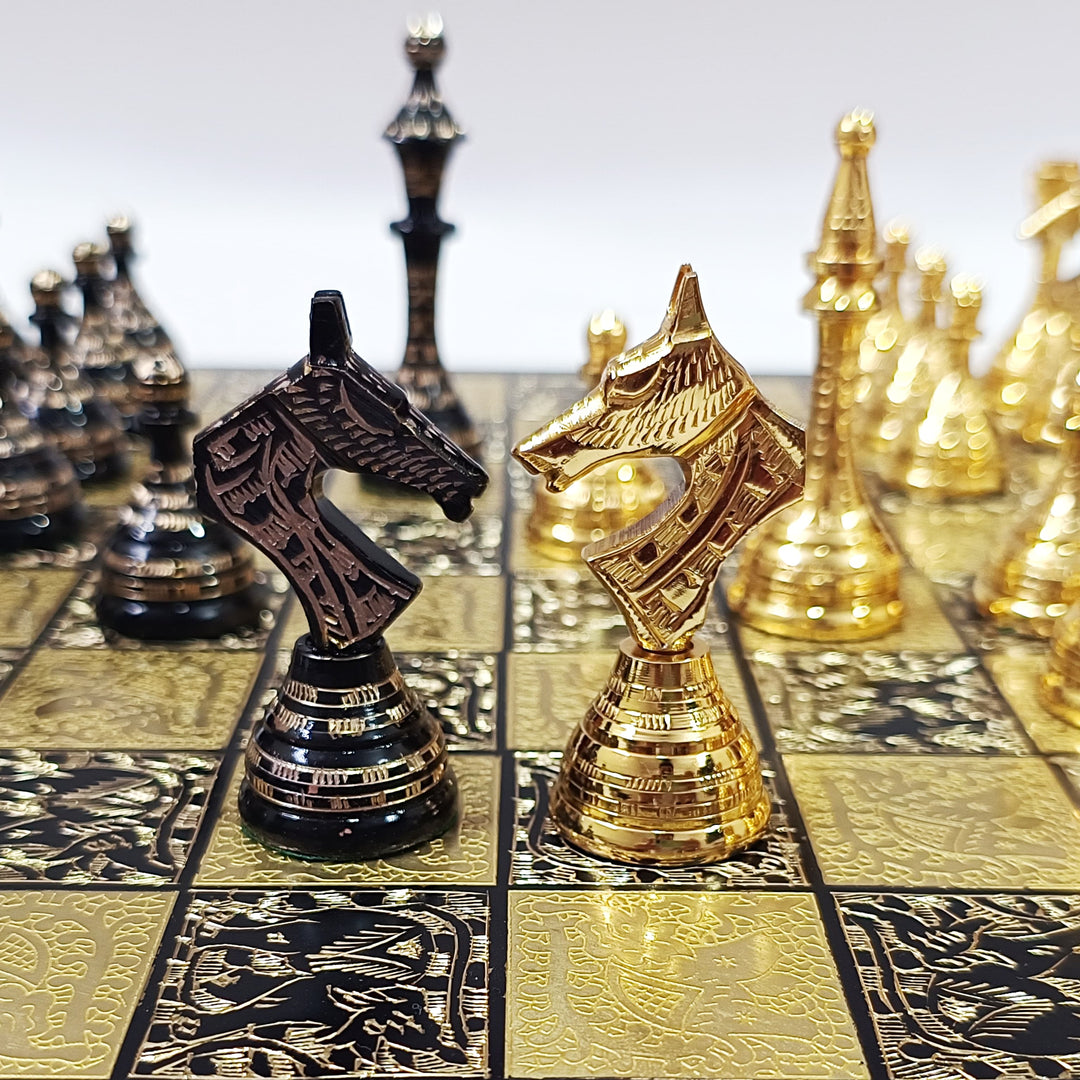
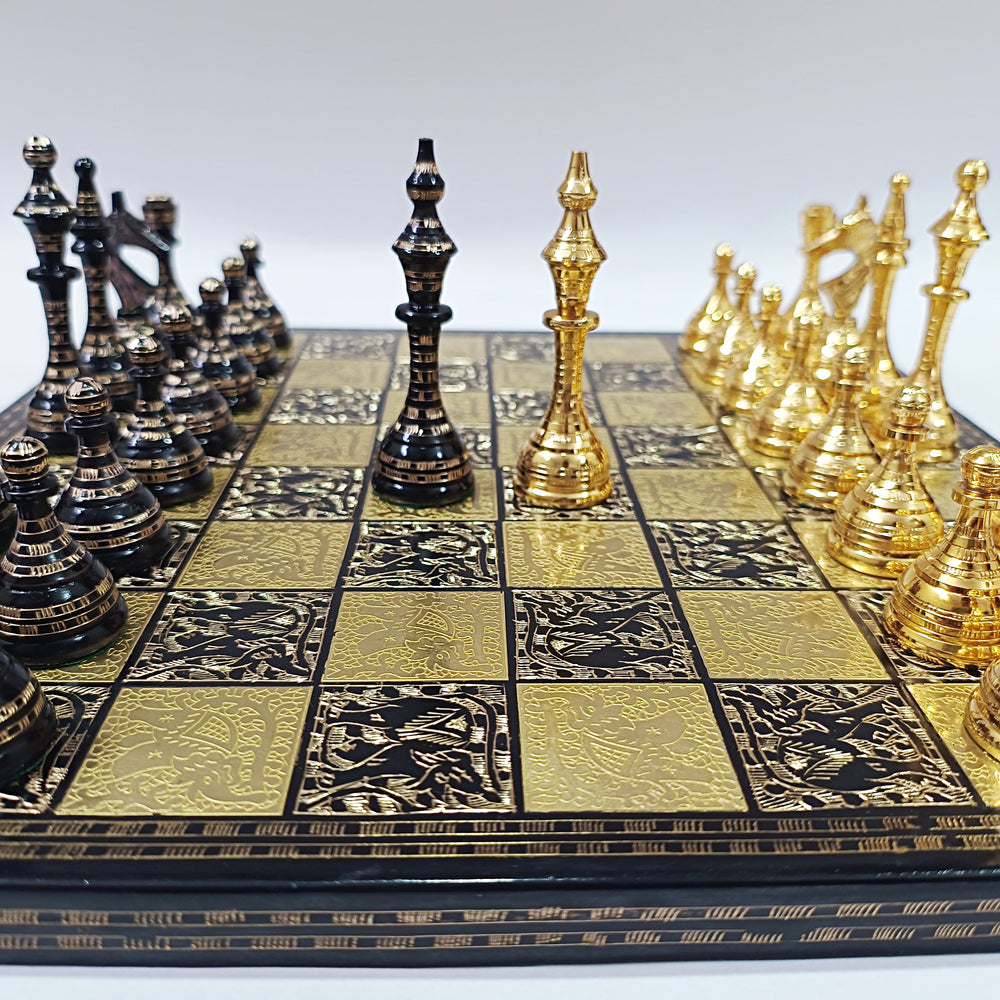
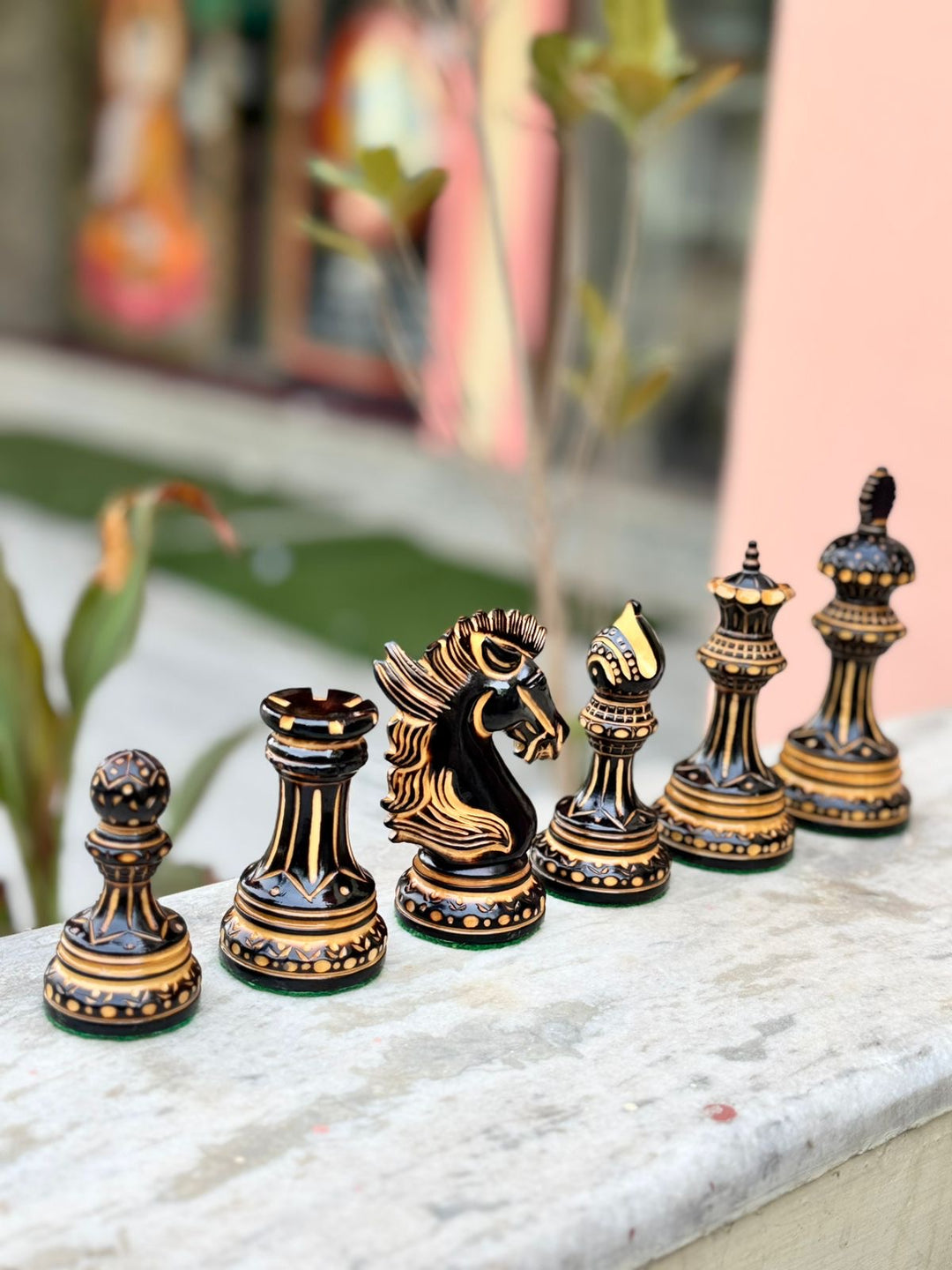
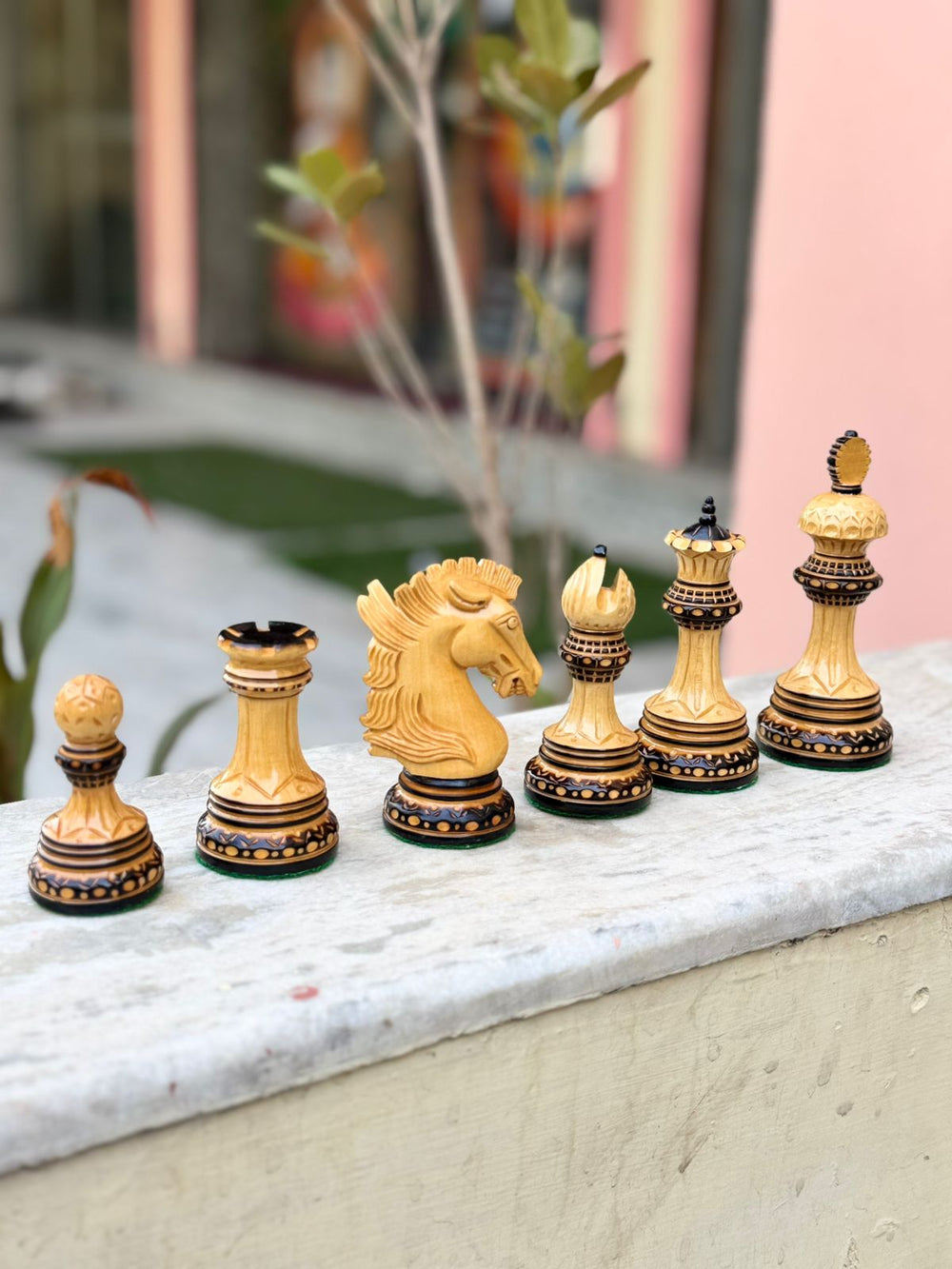
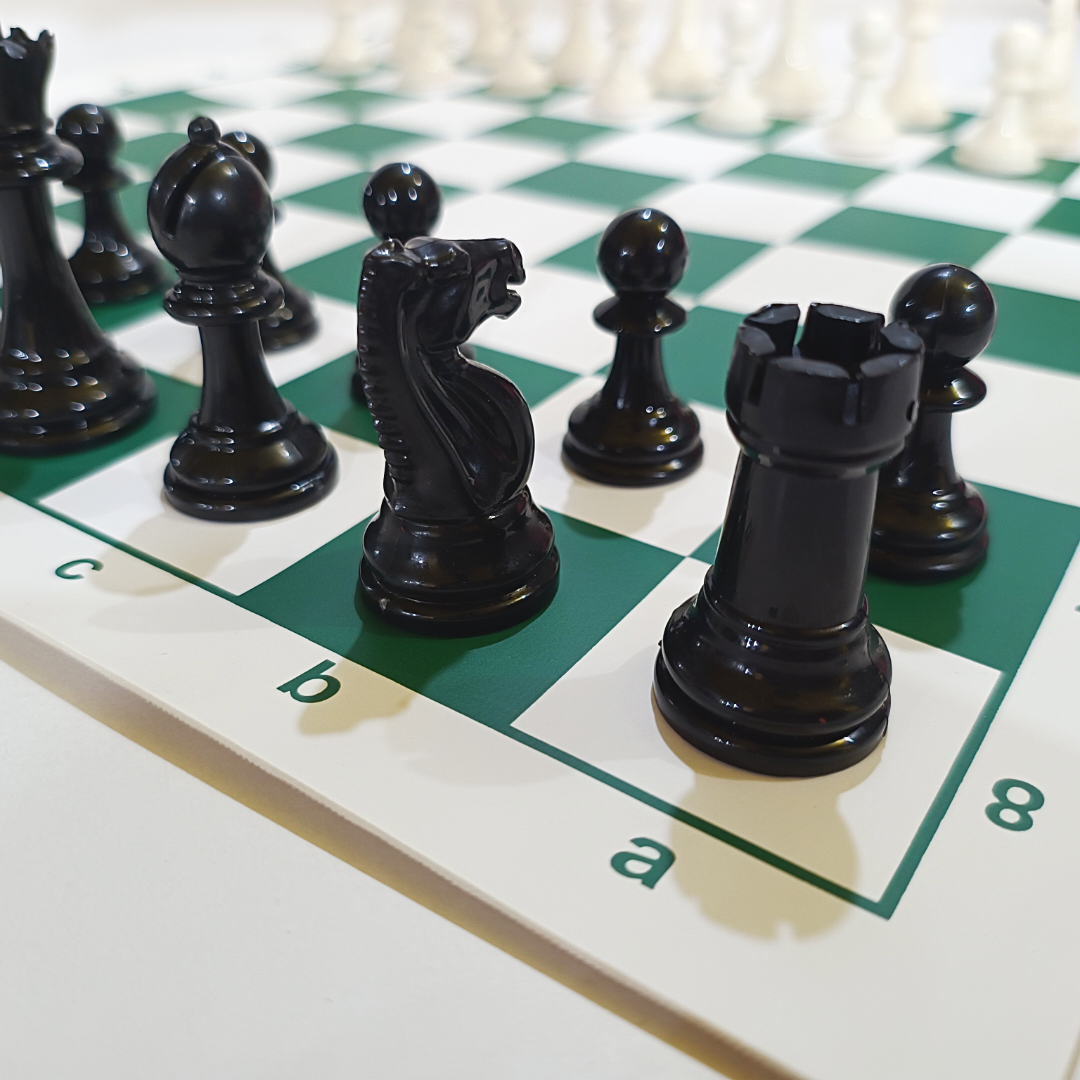
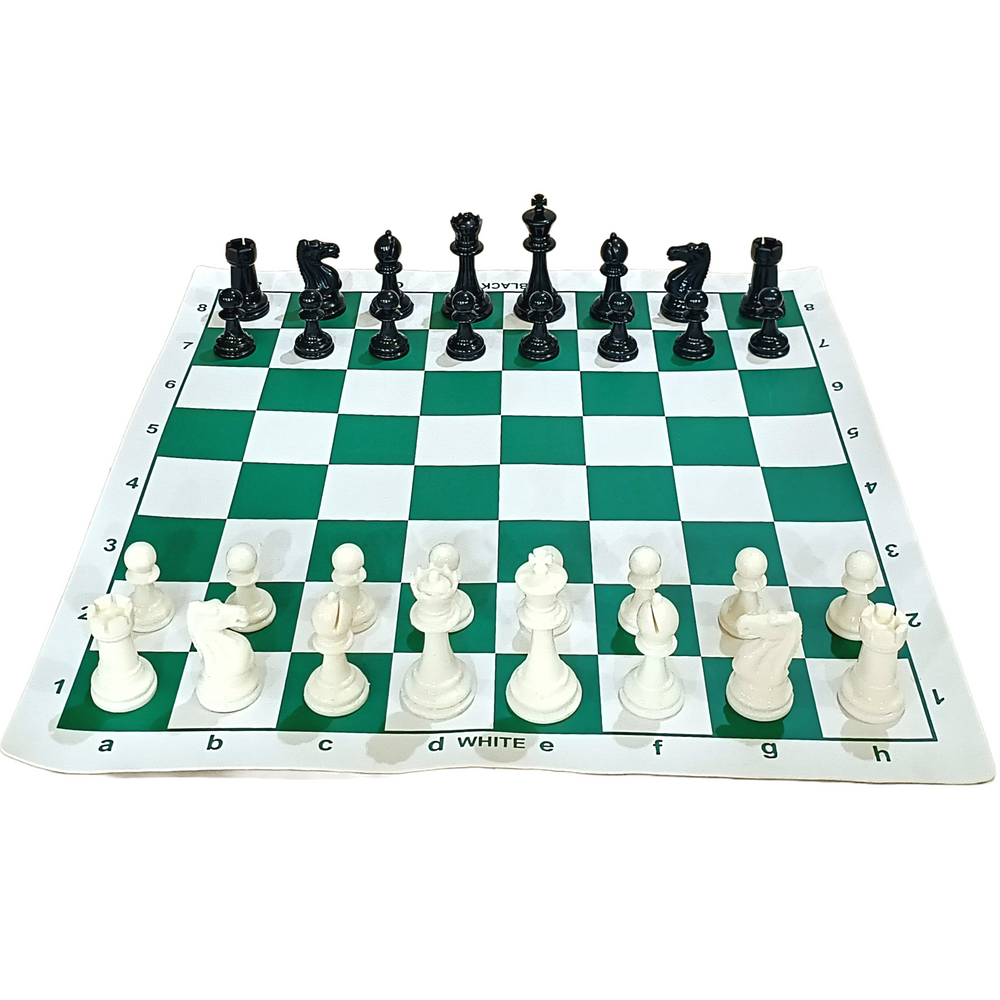
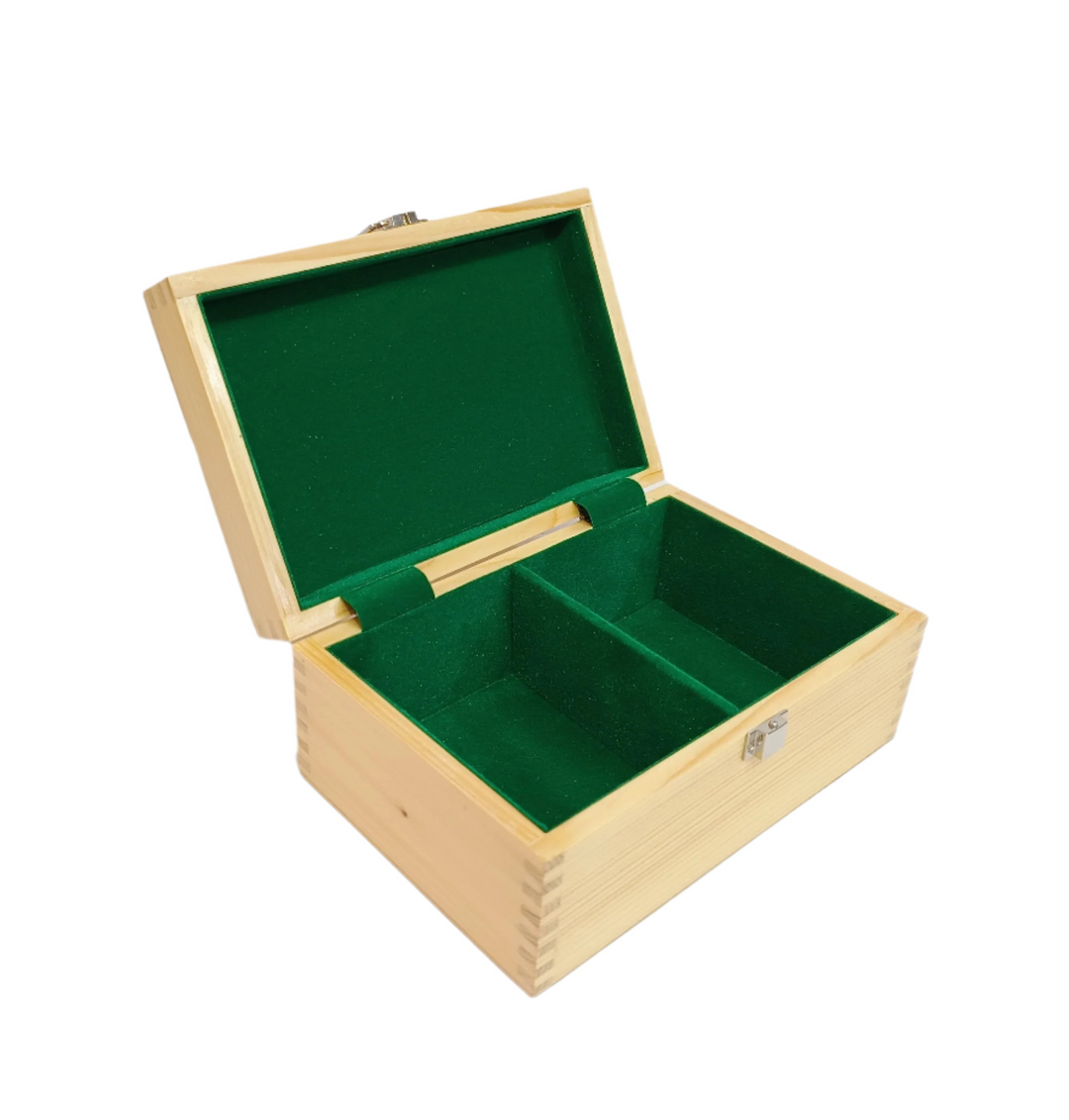
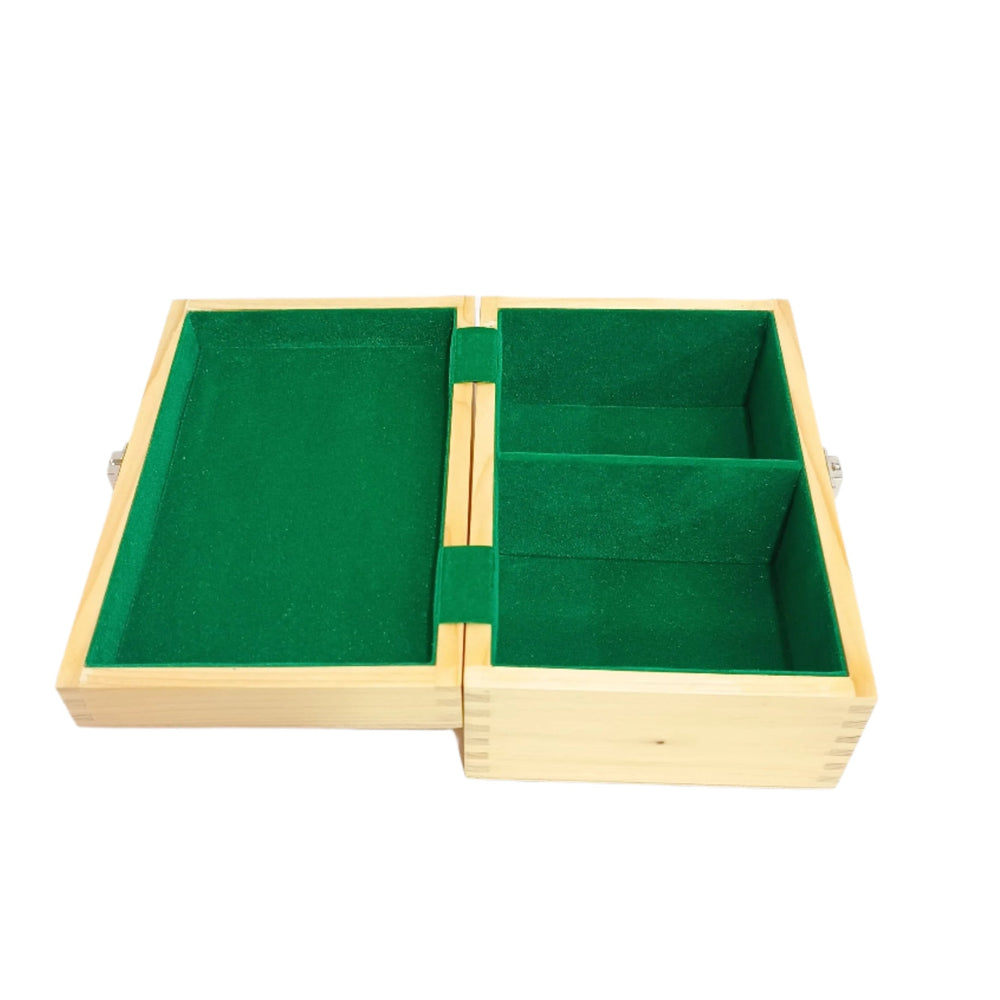
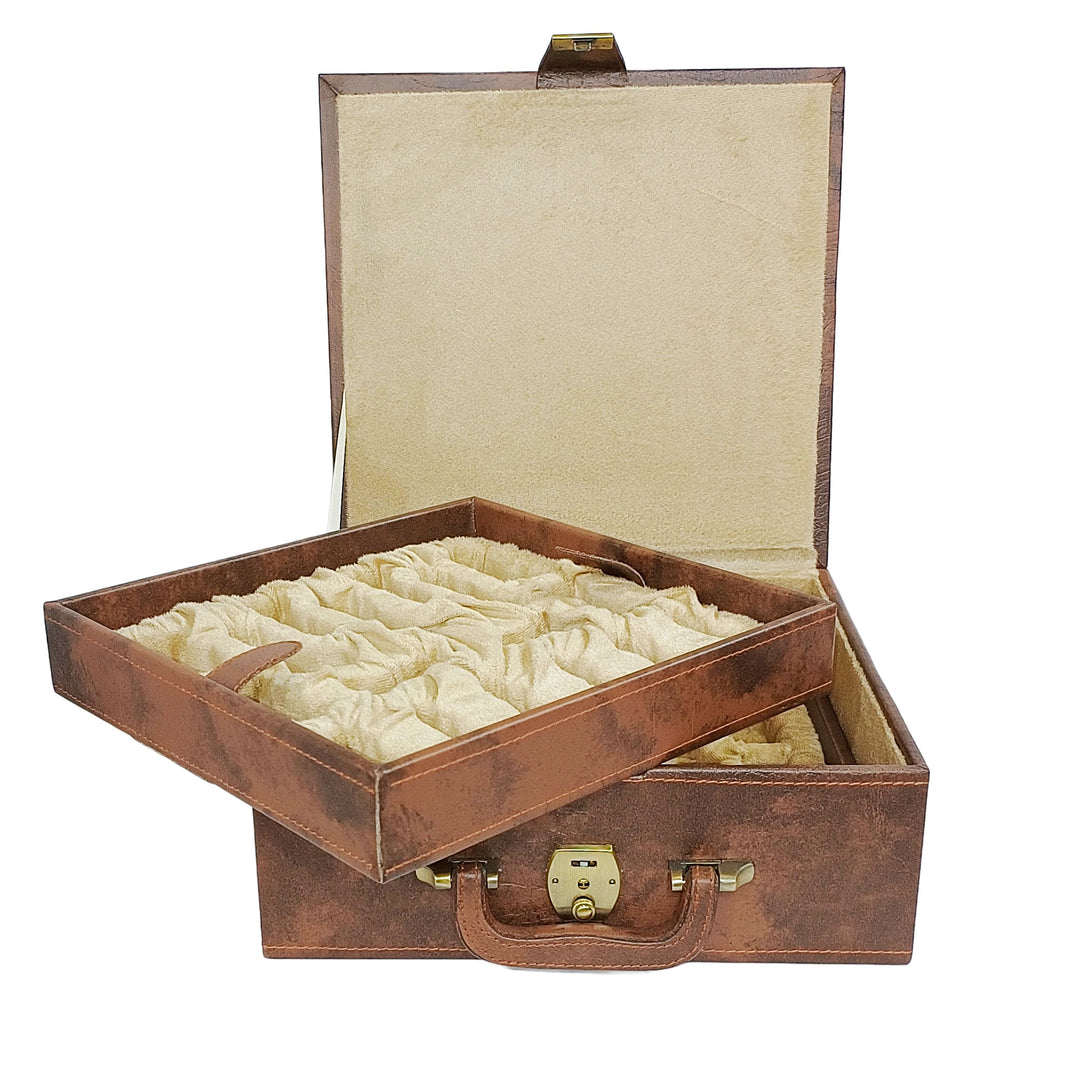
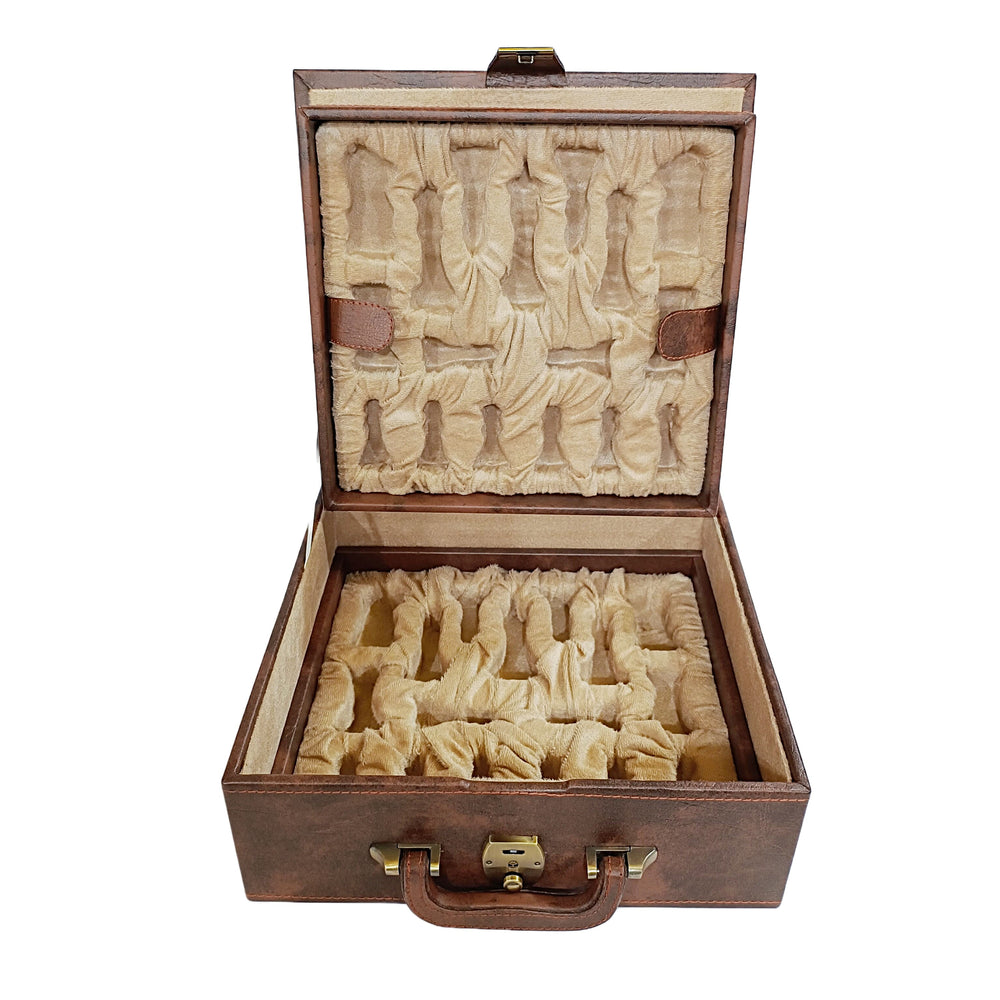
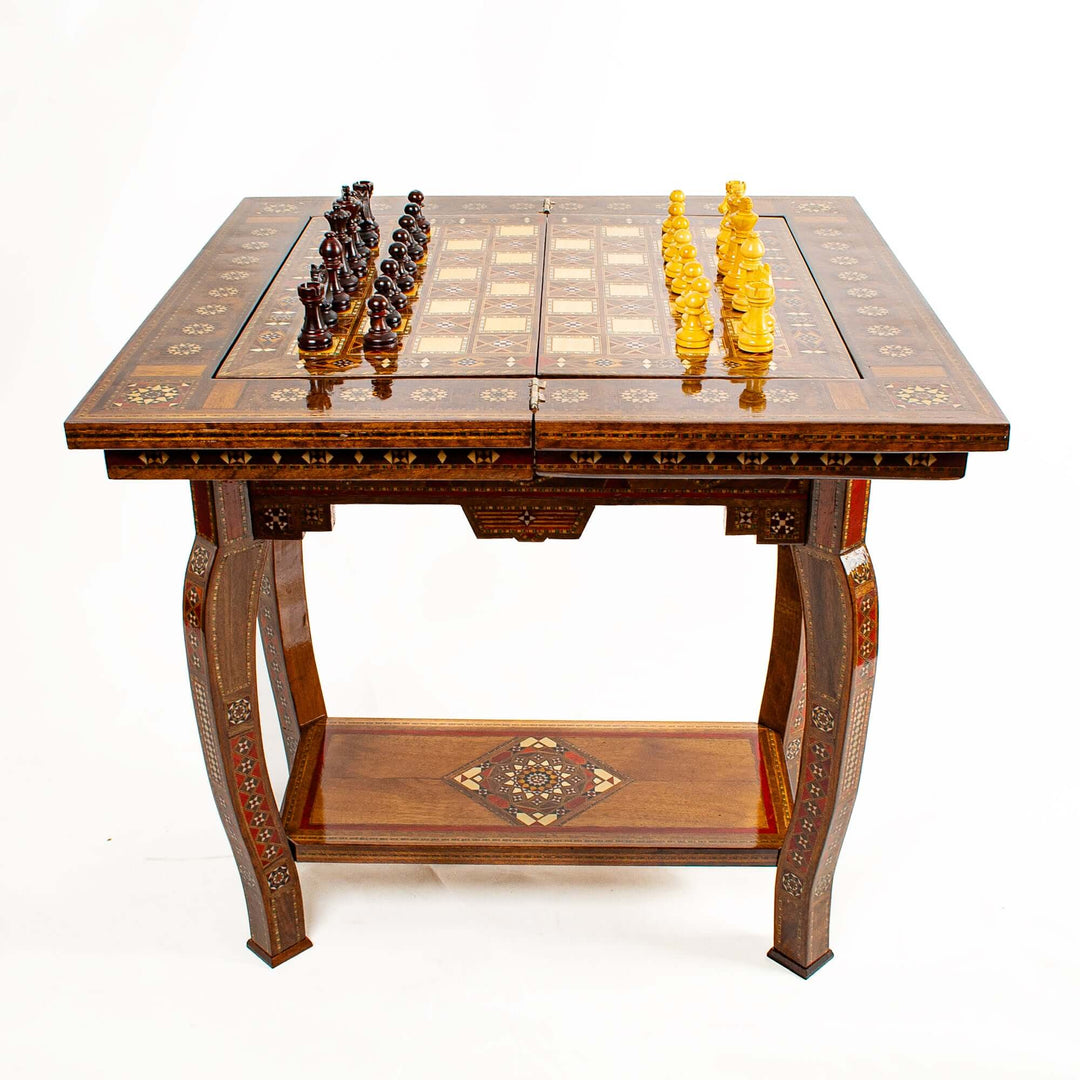

Leave a comment